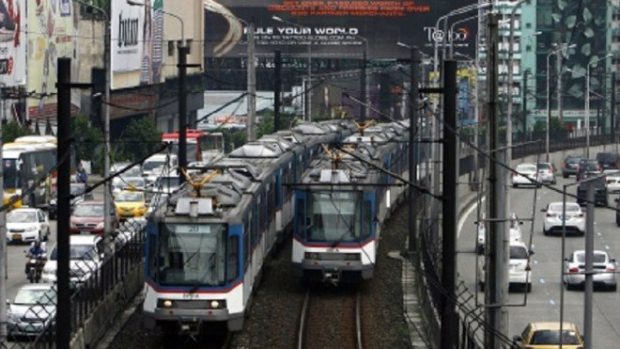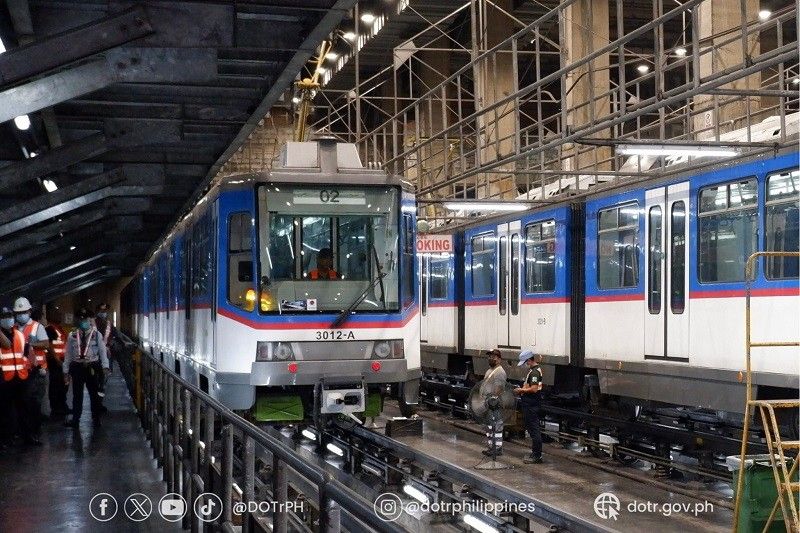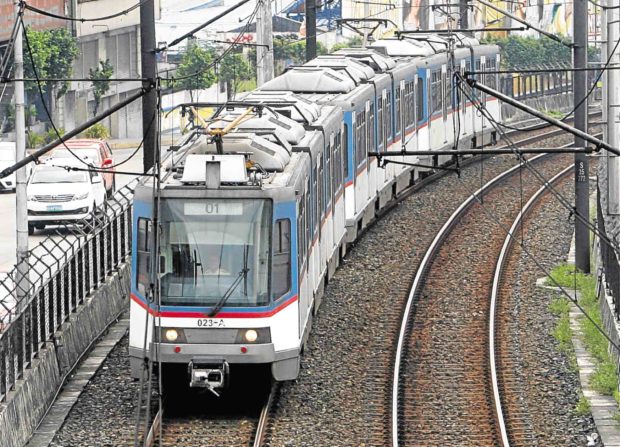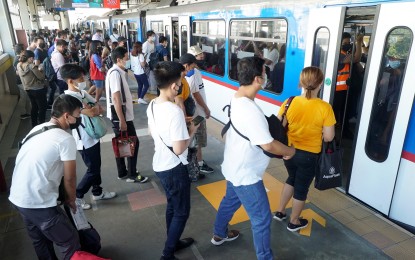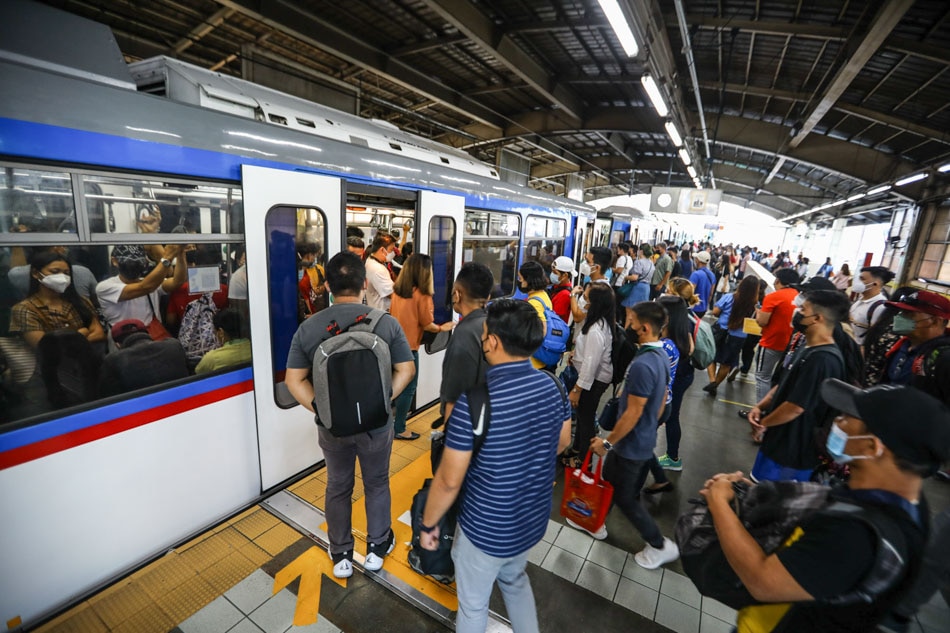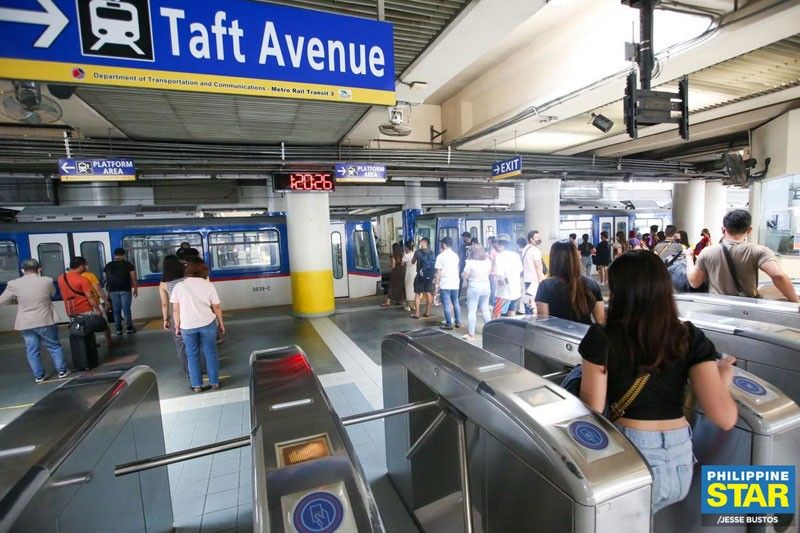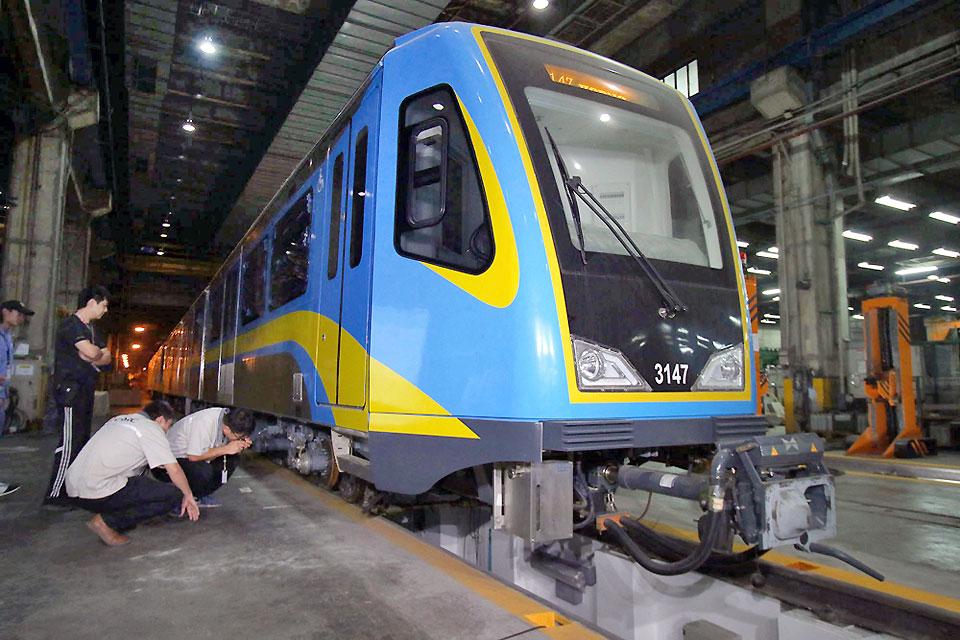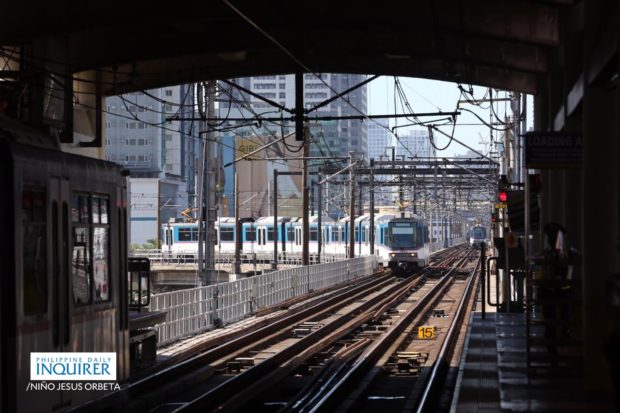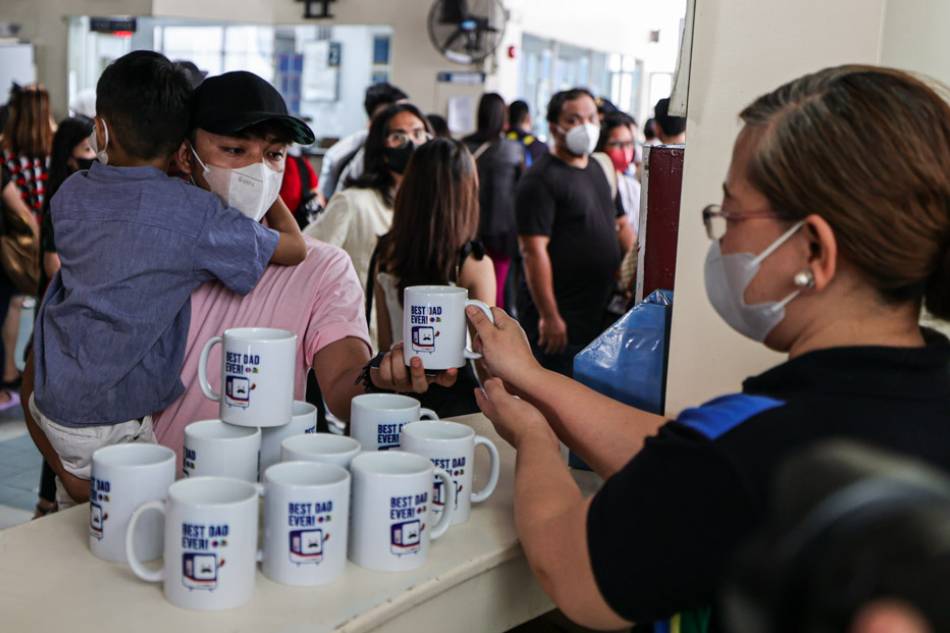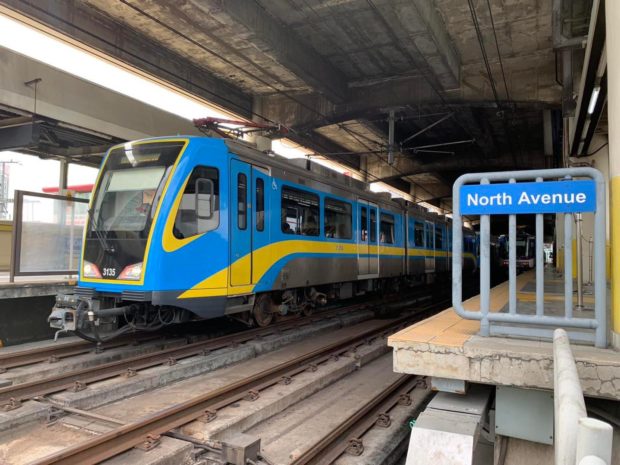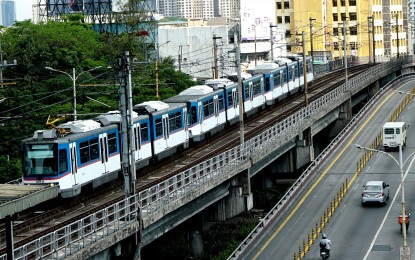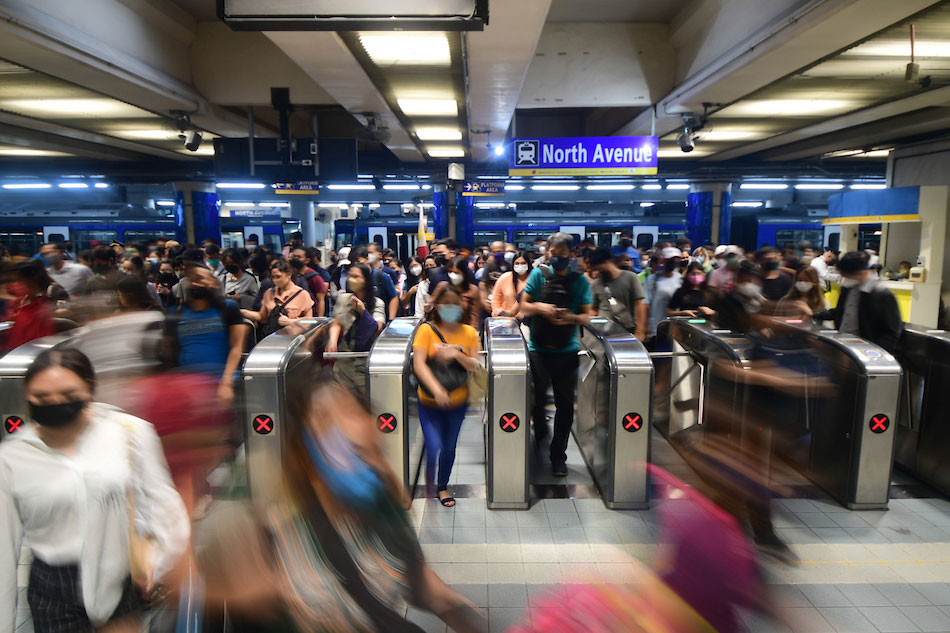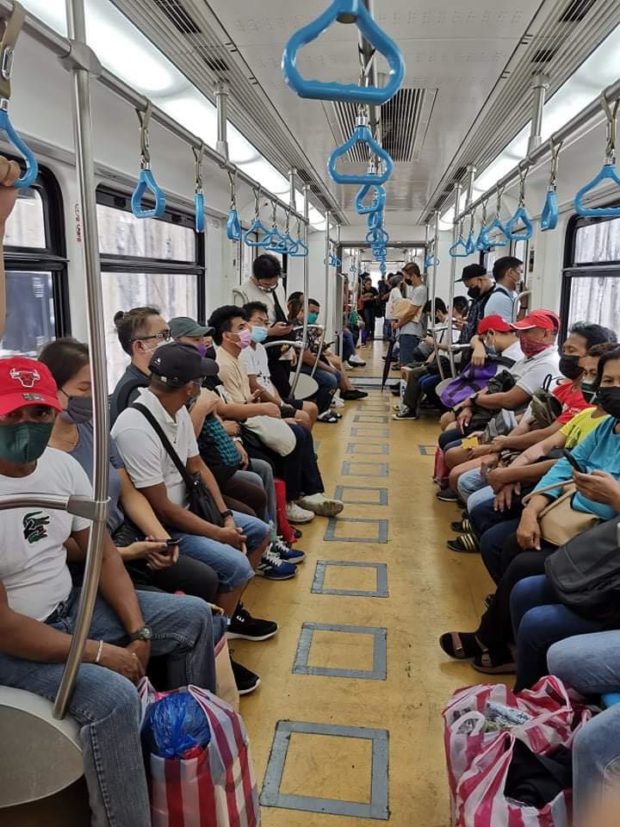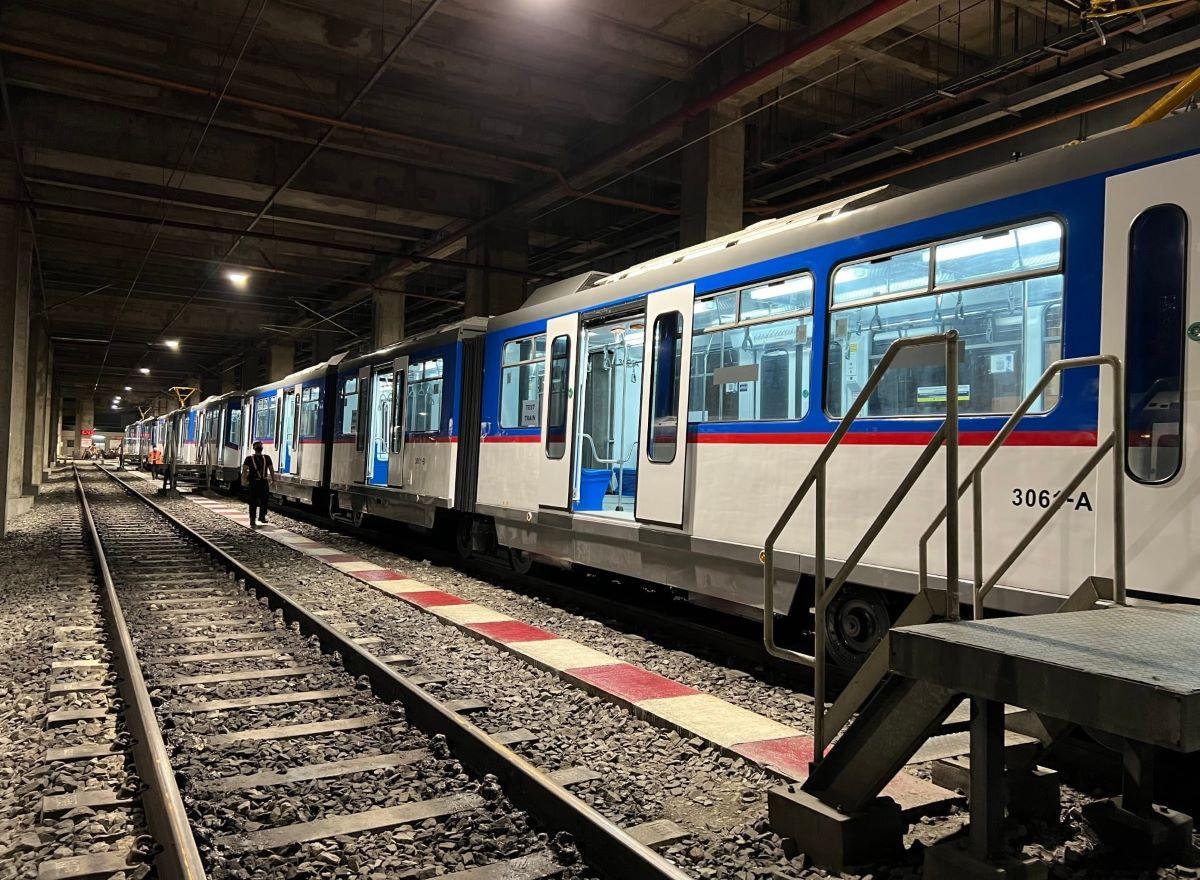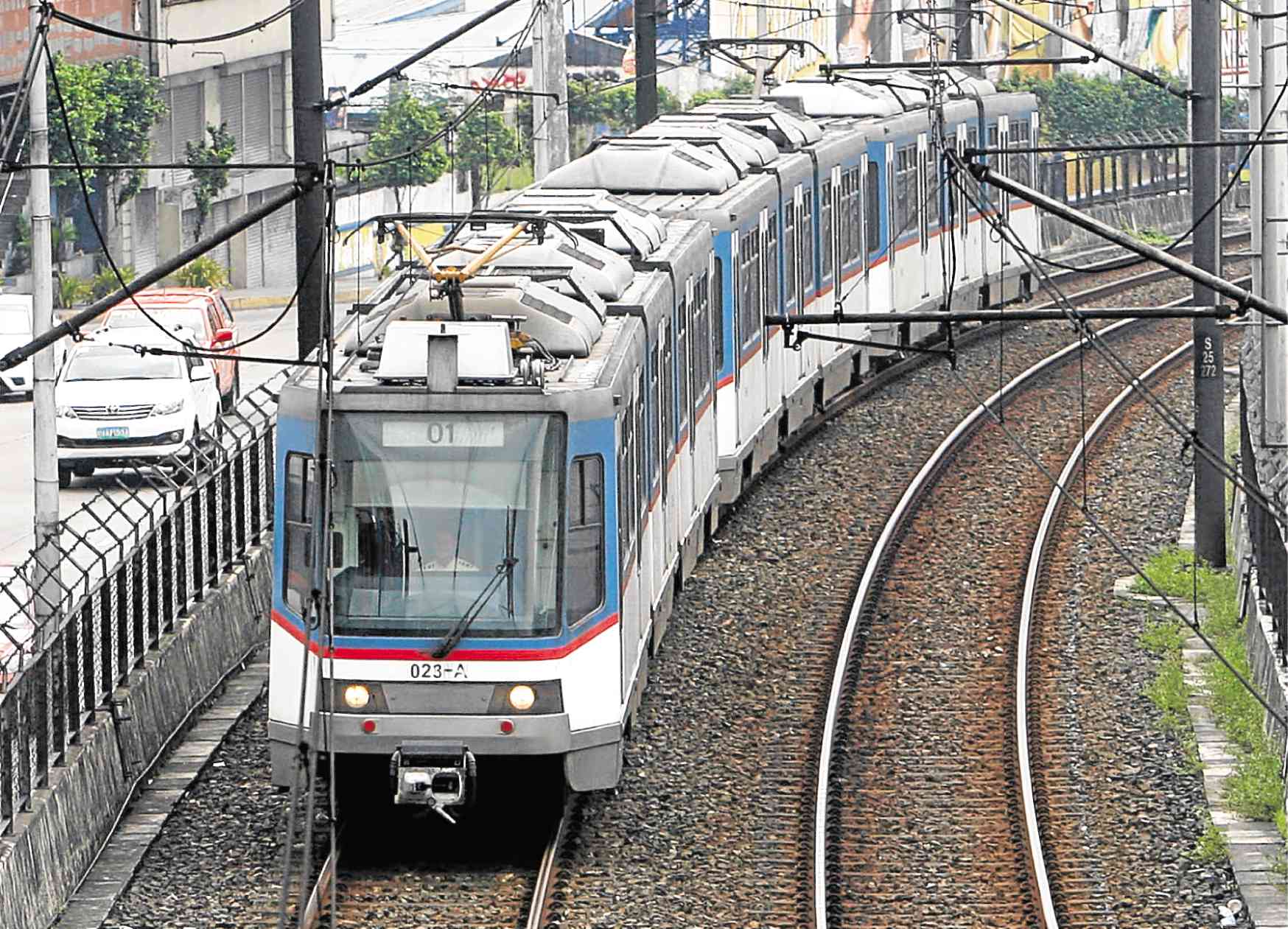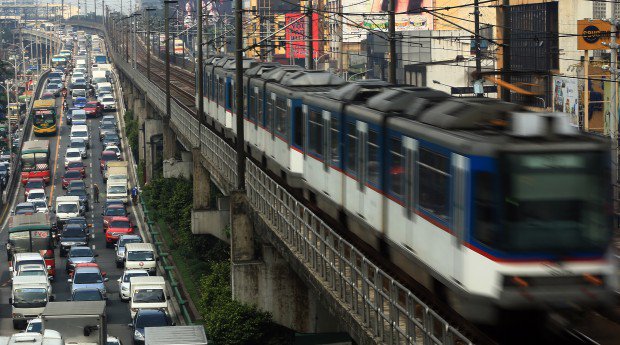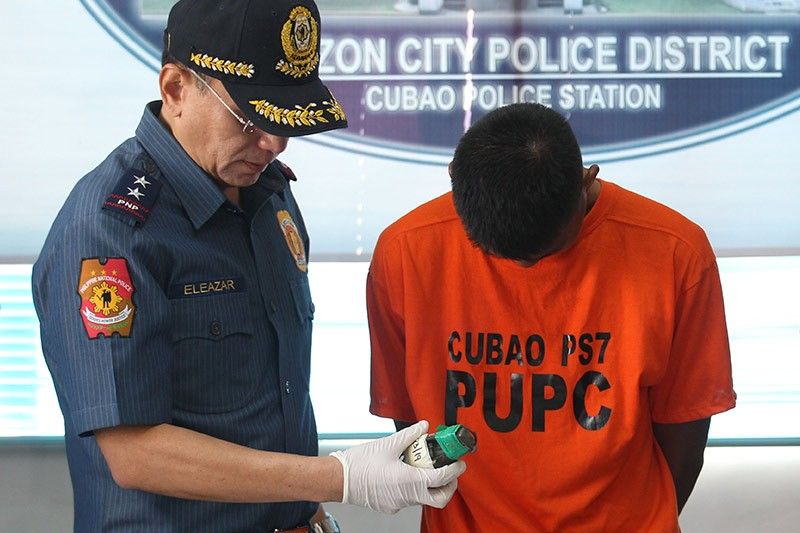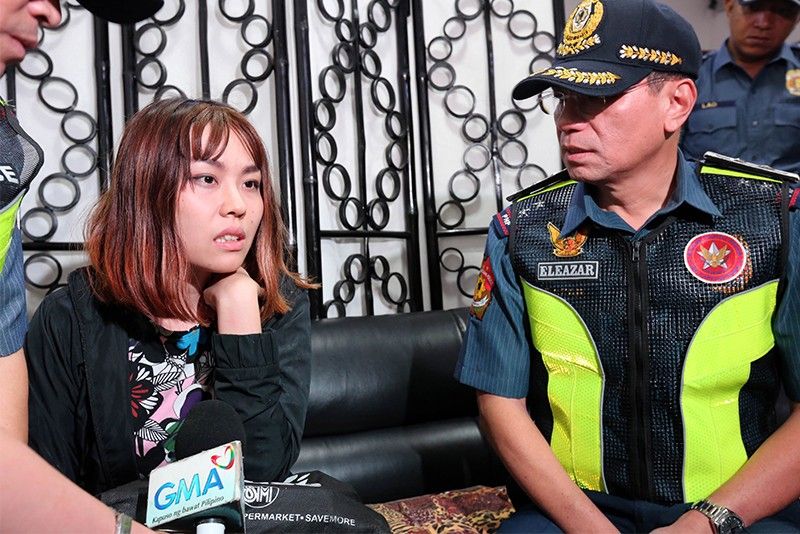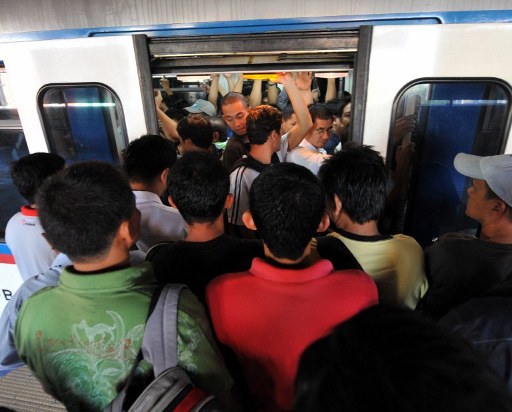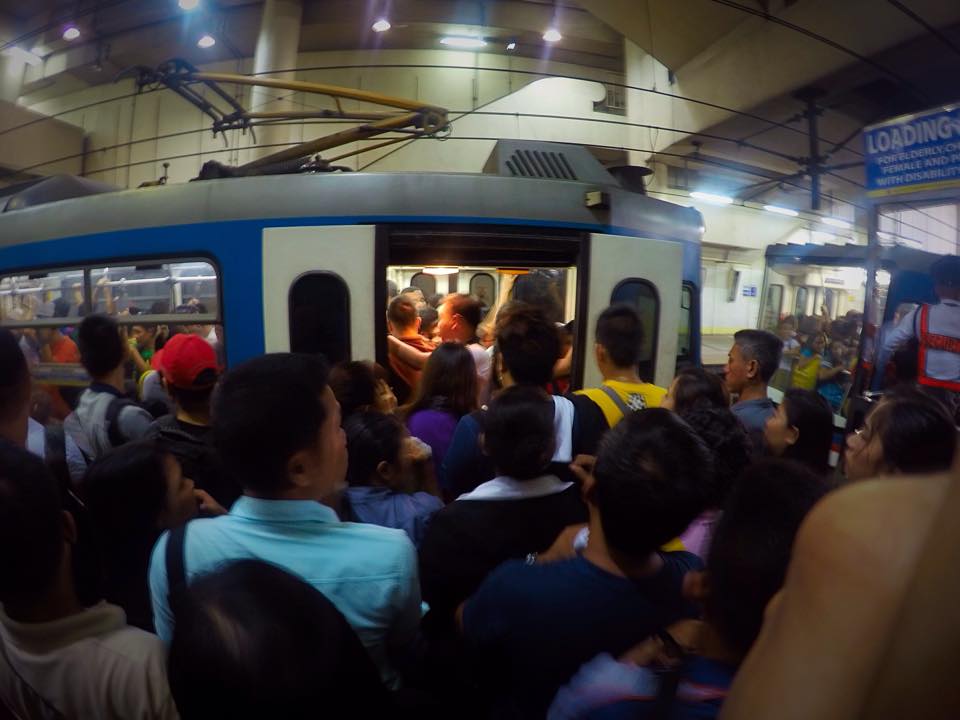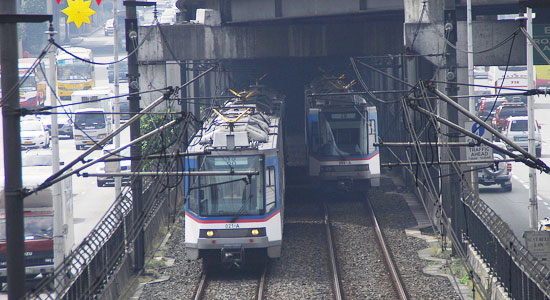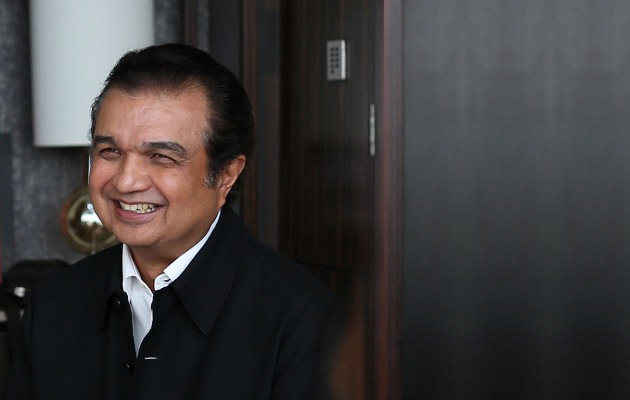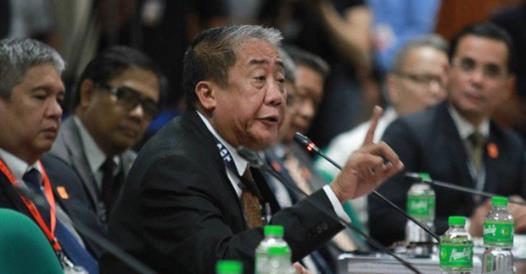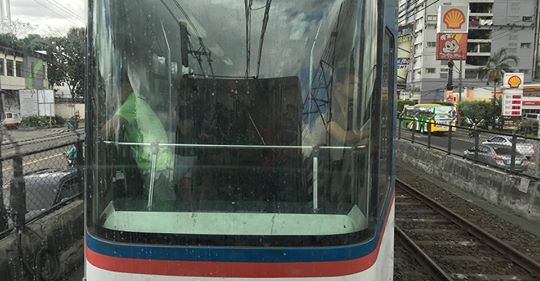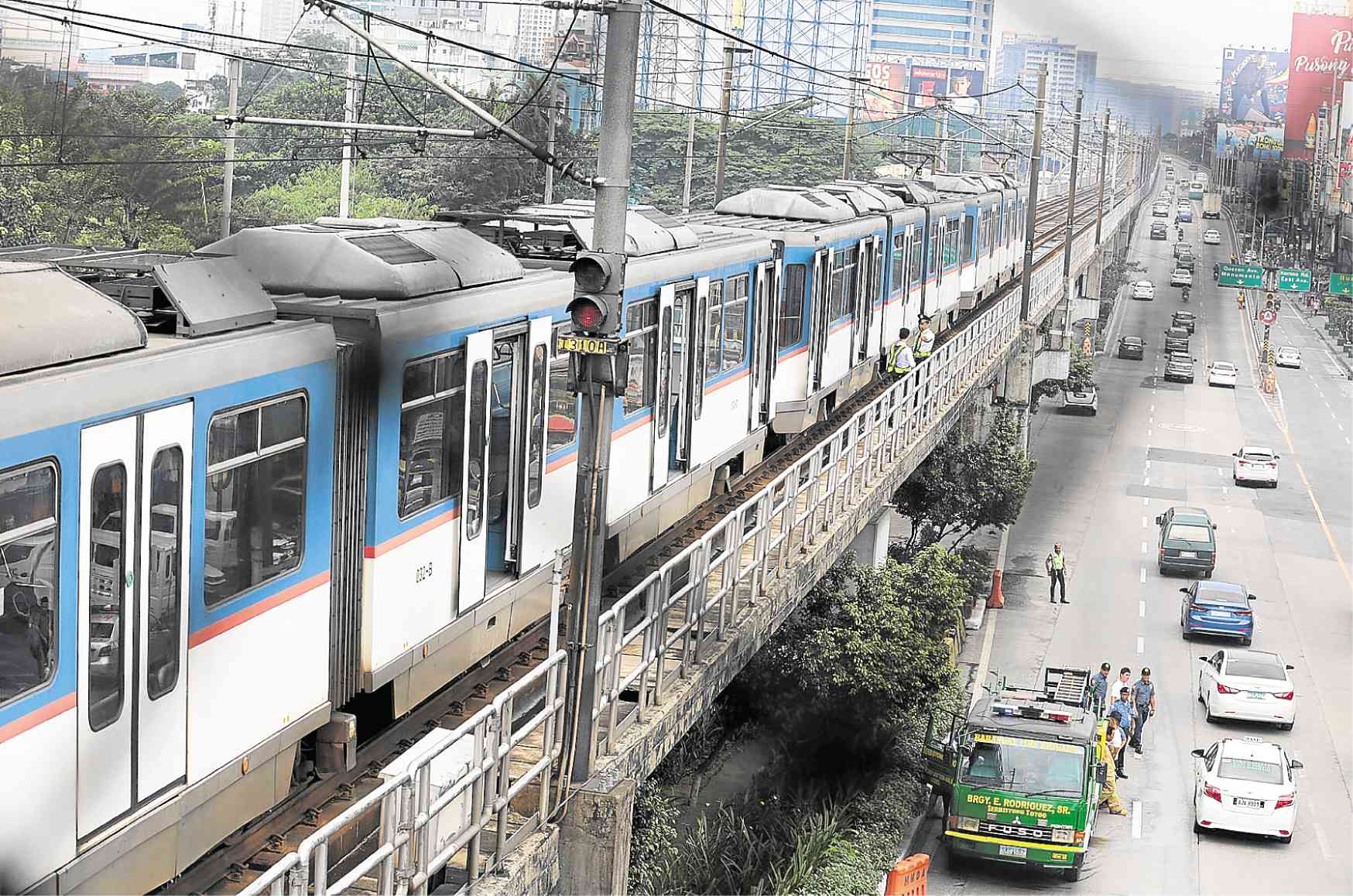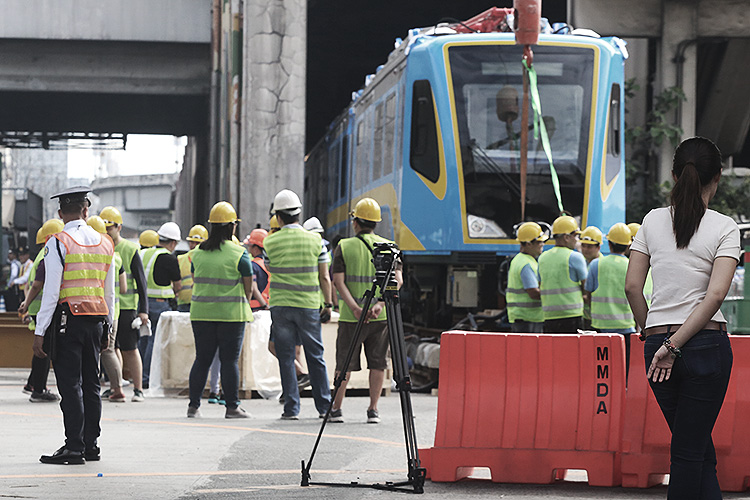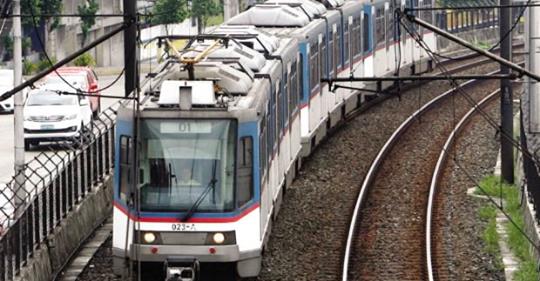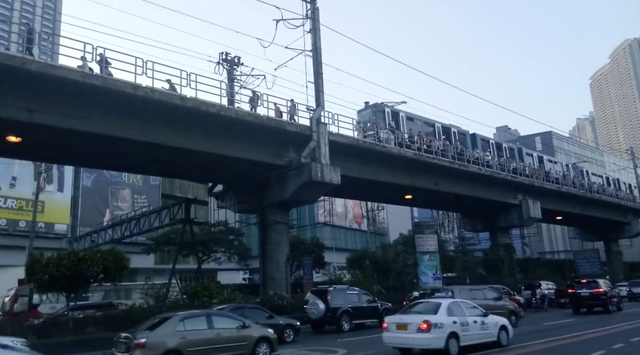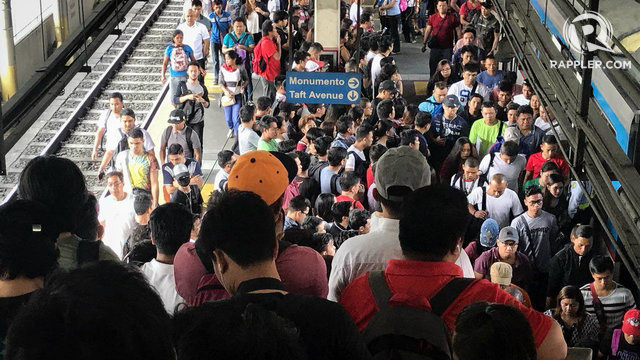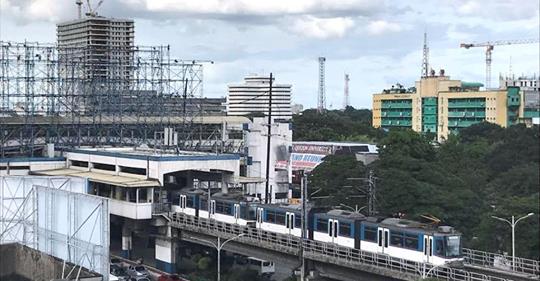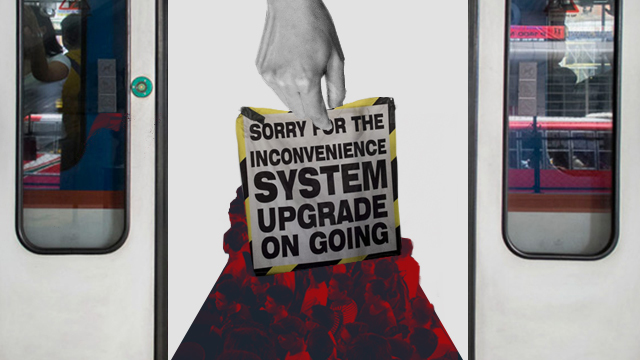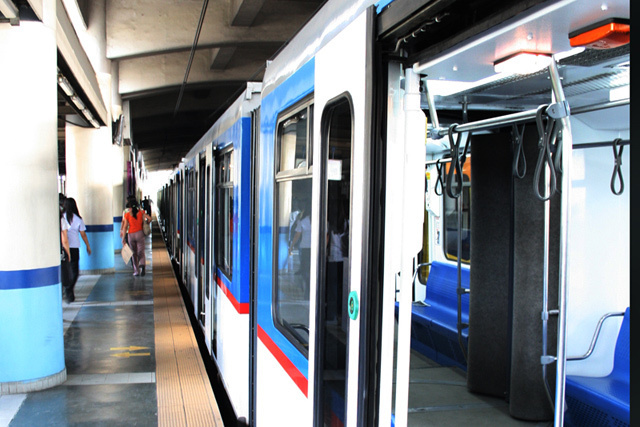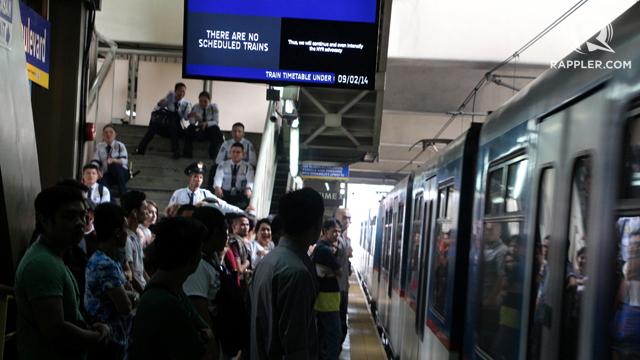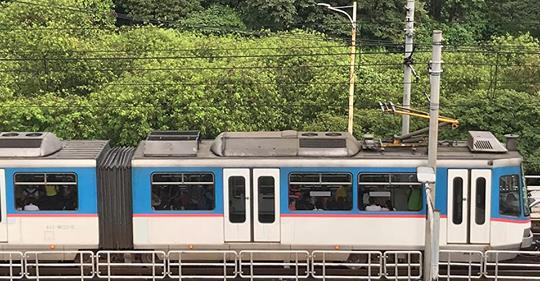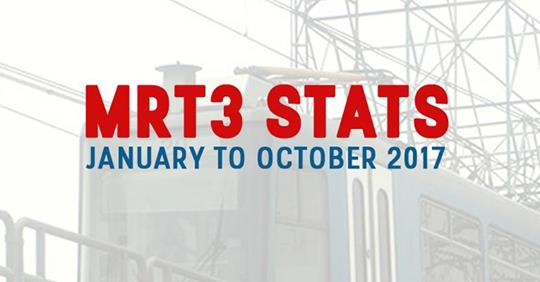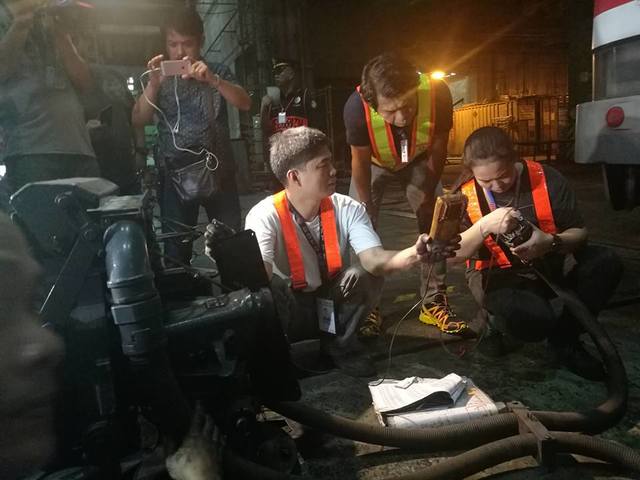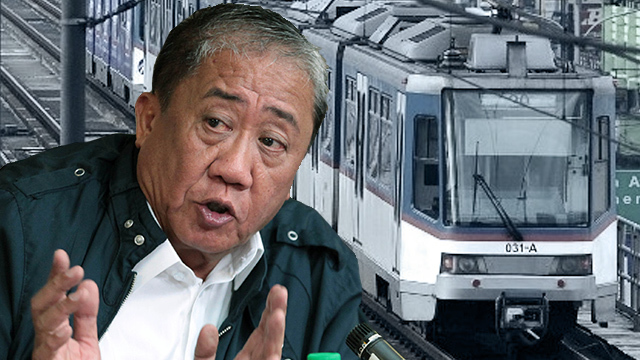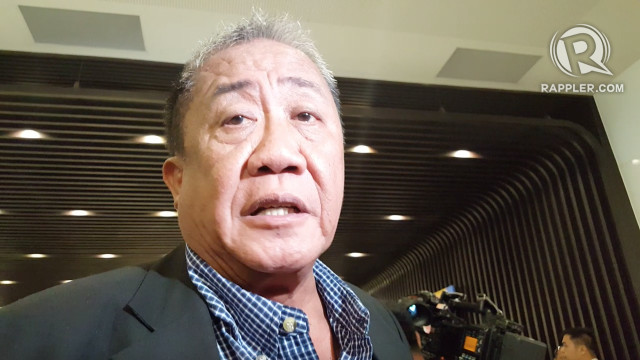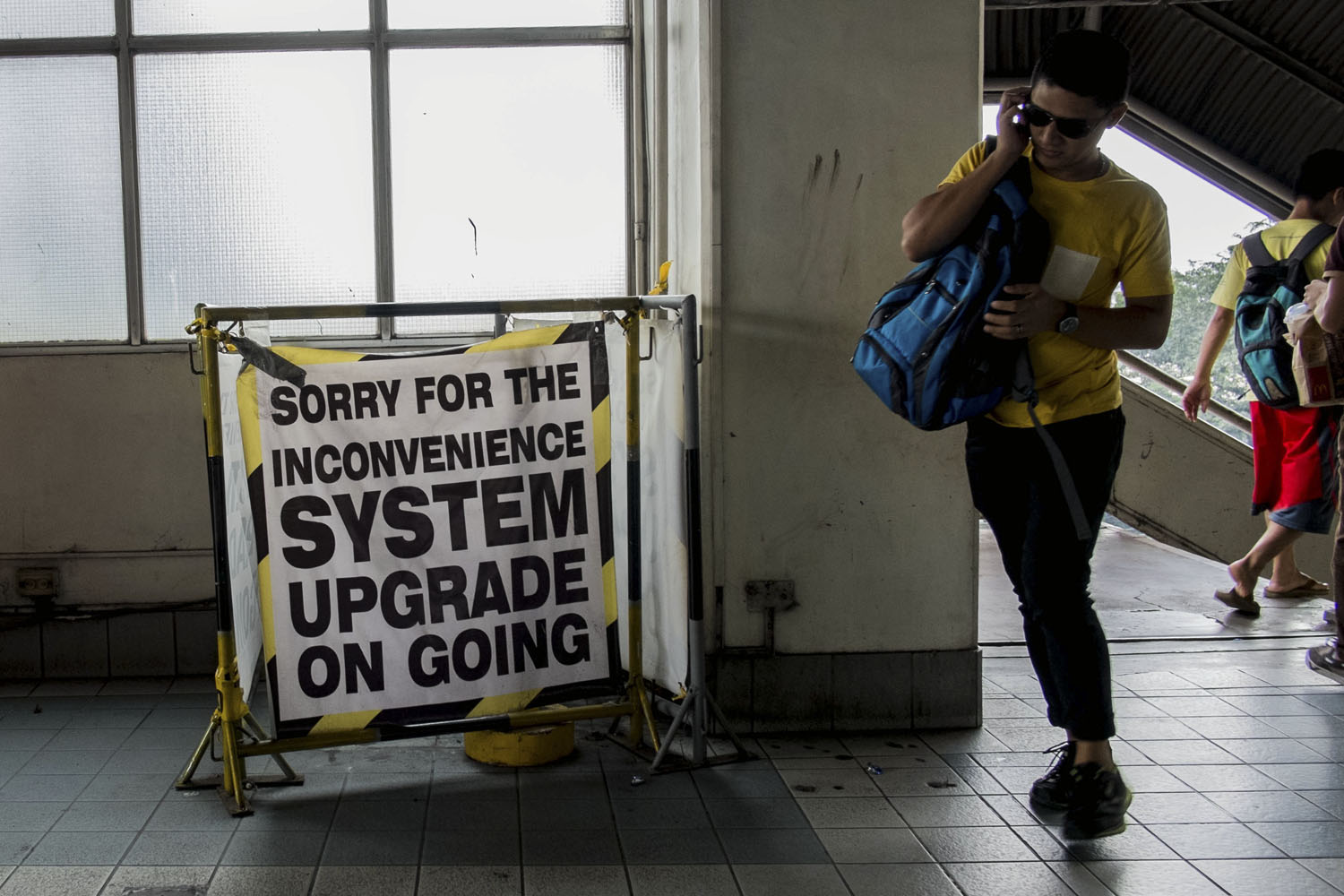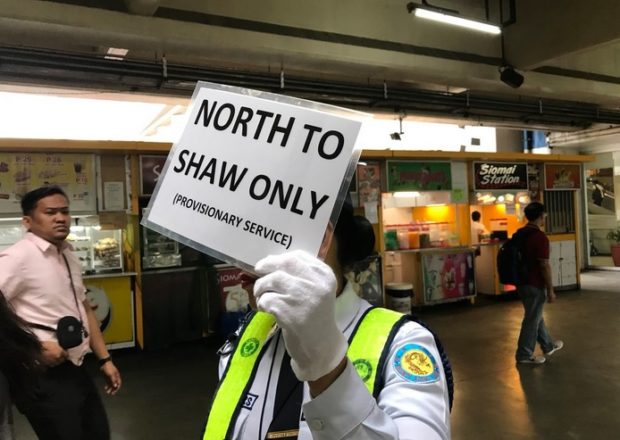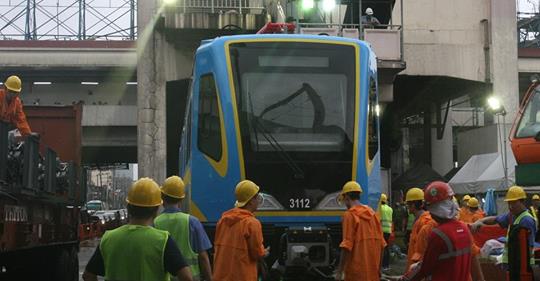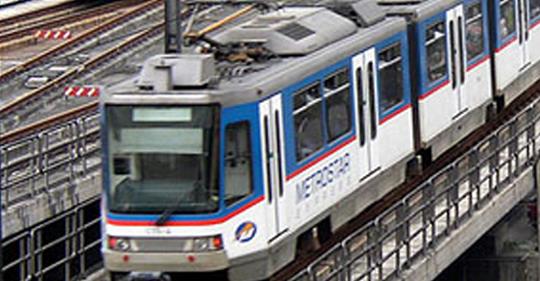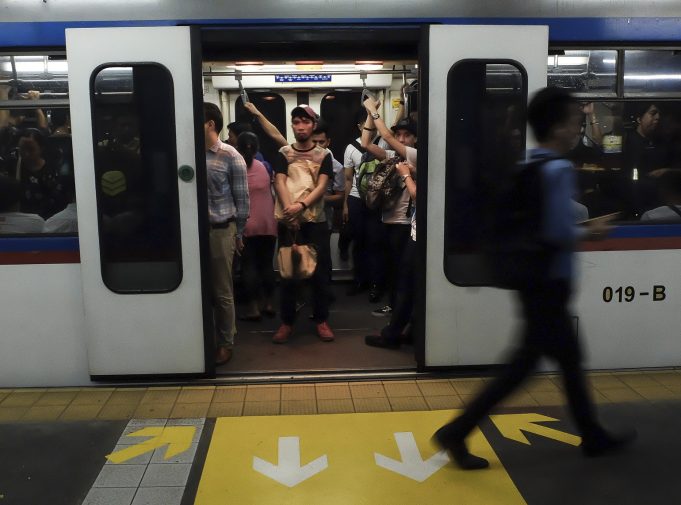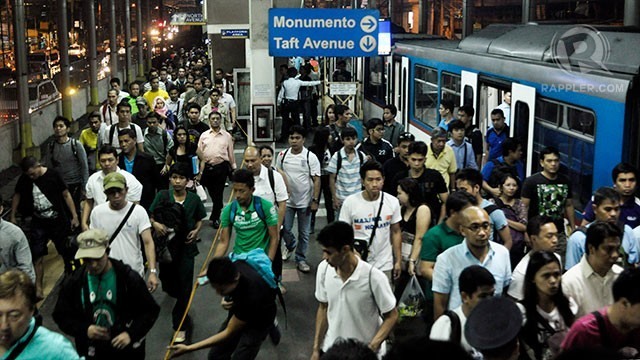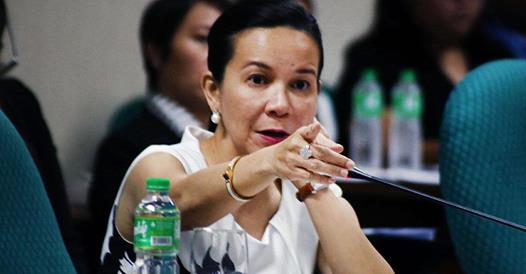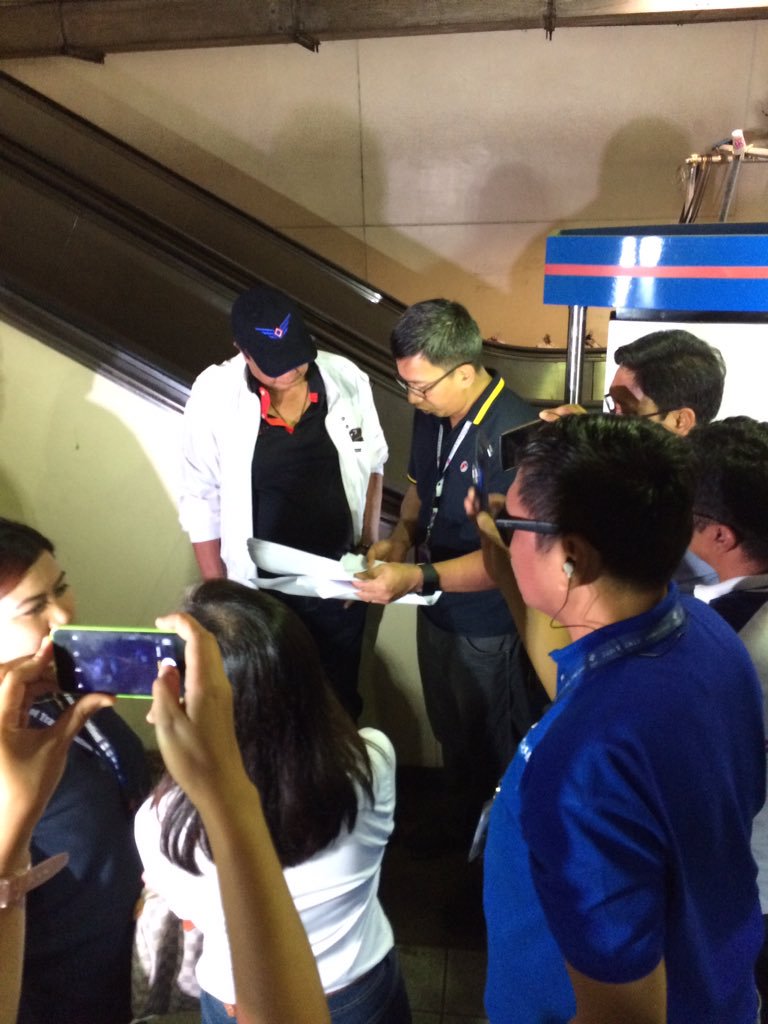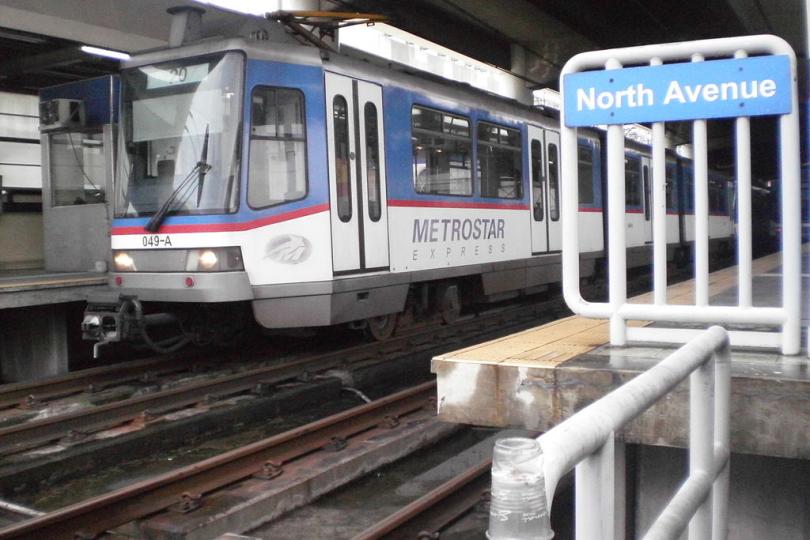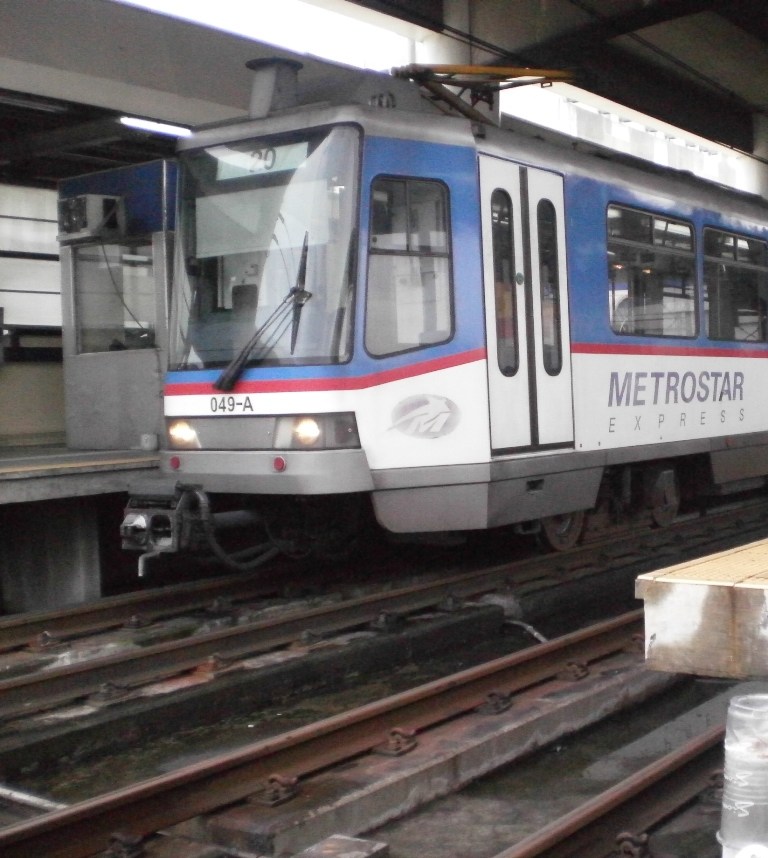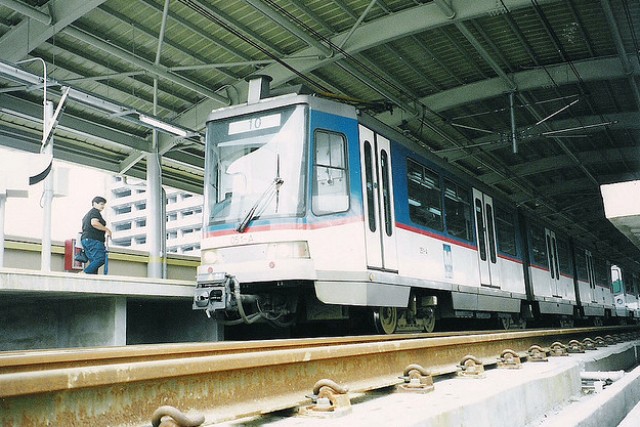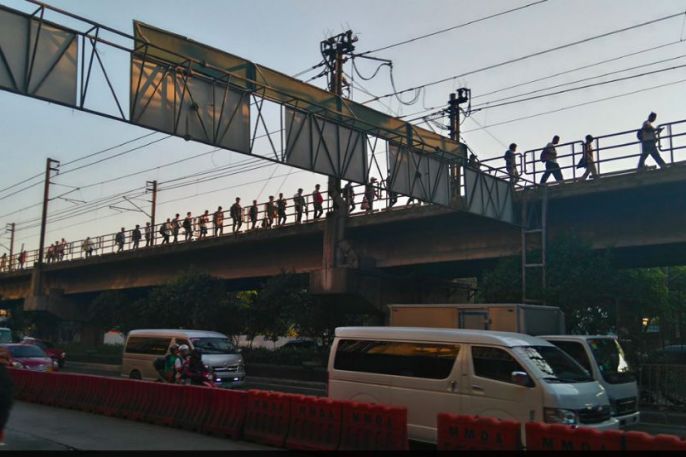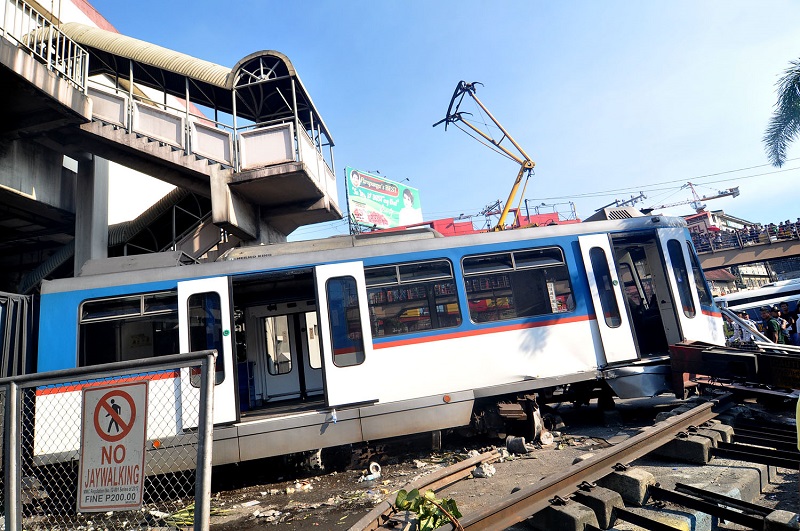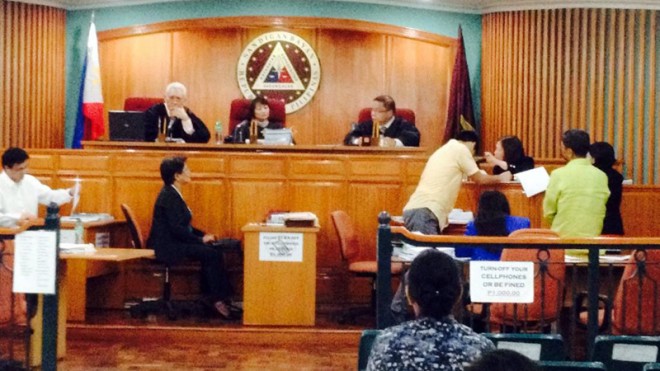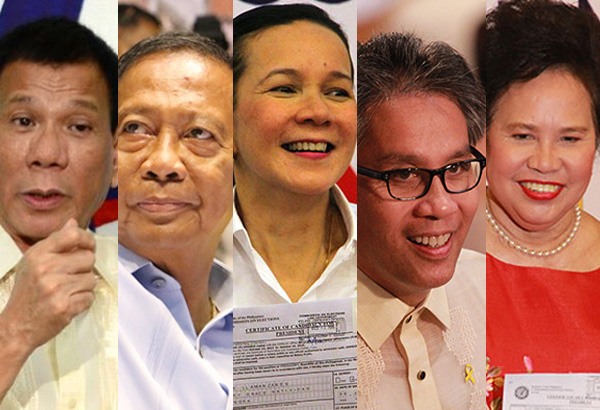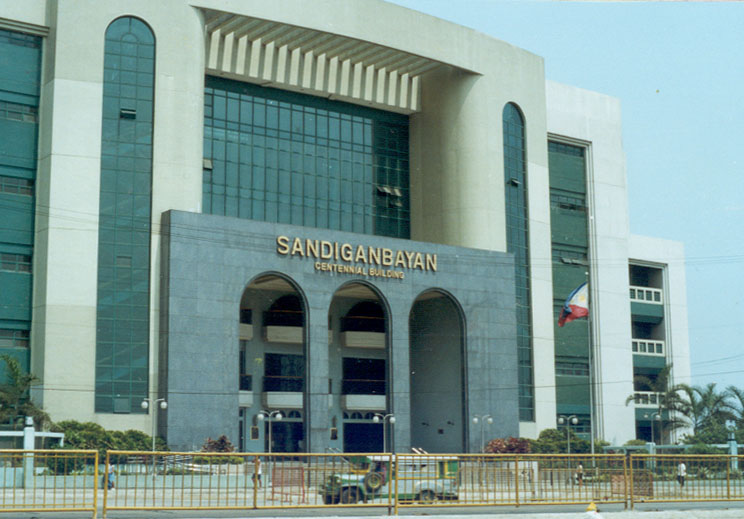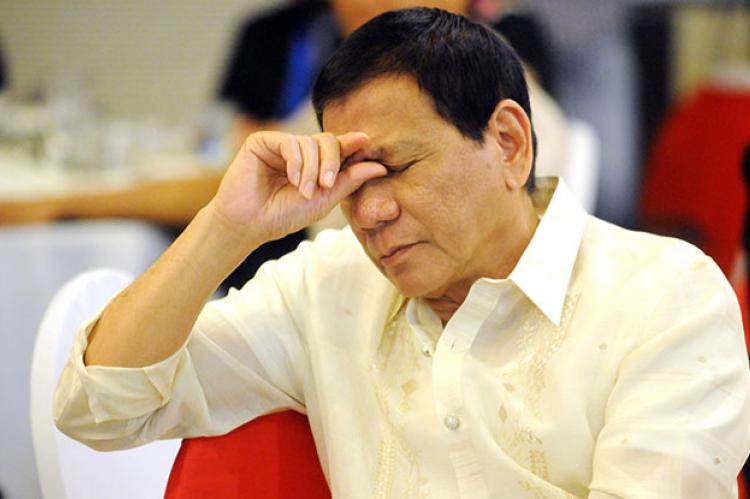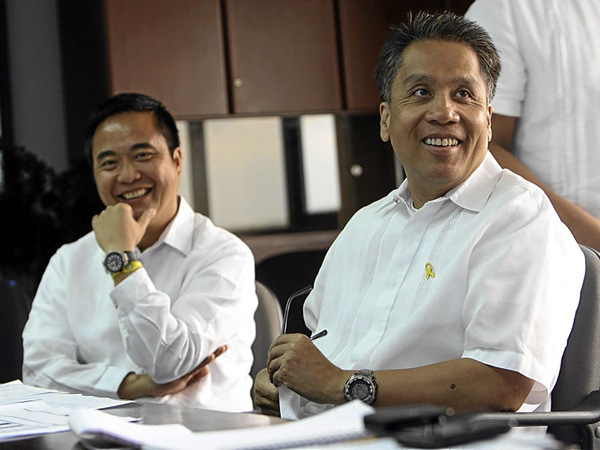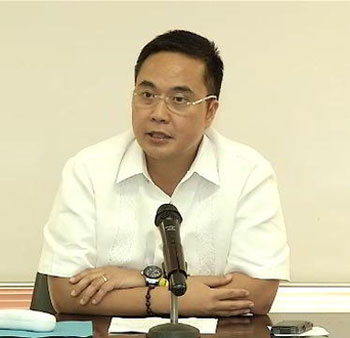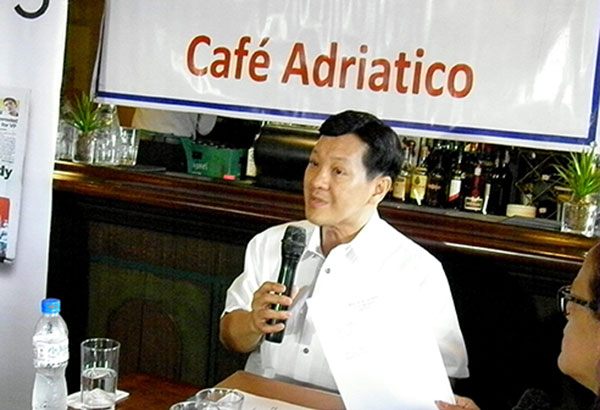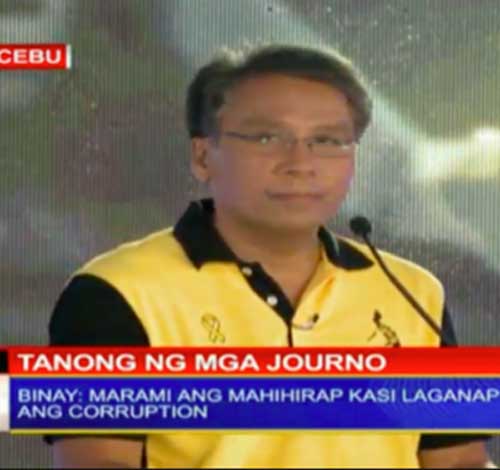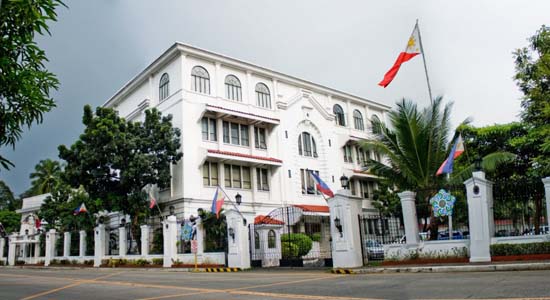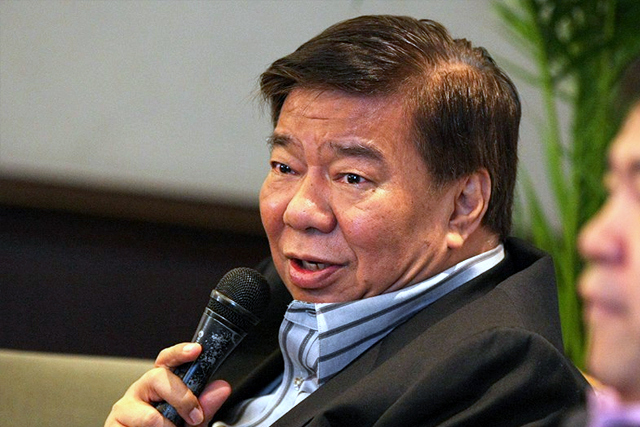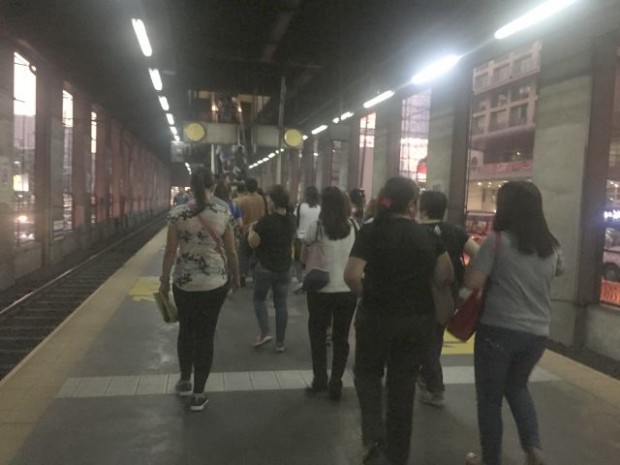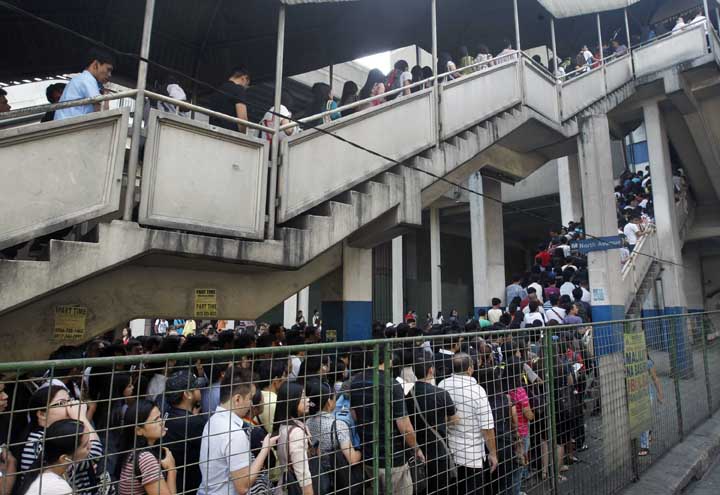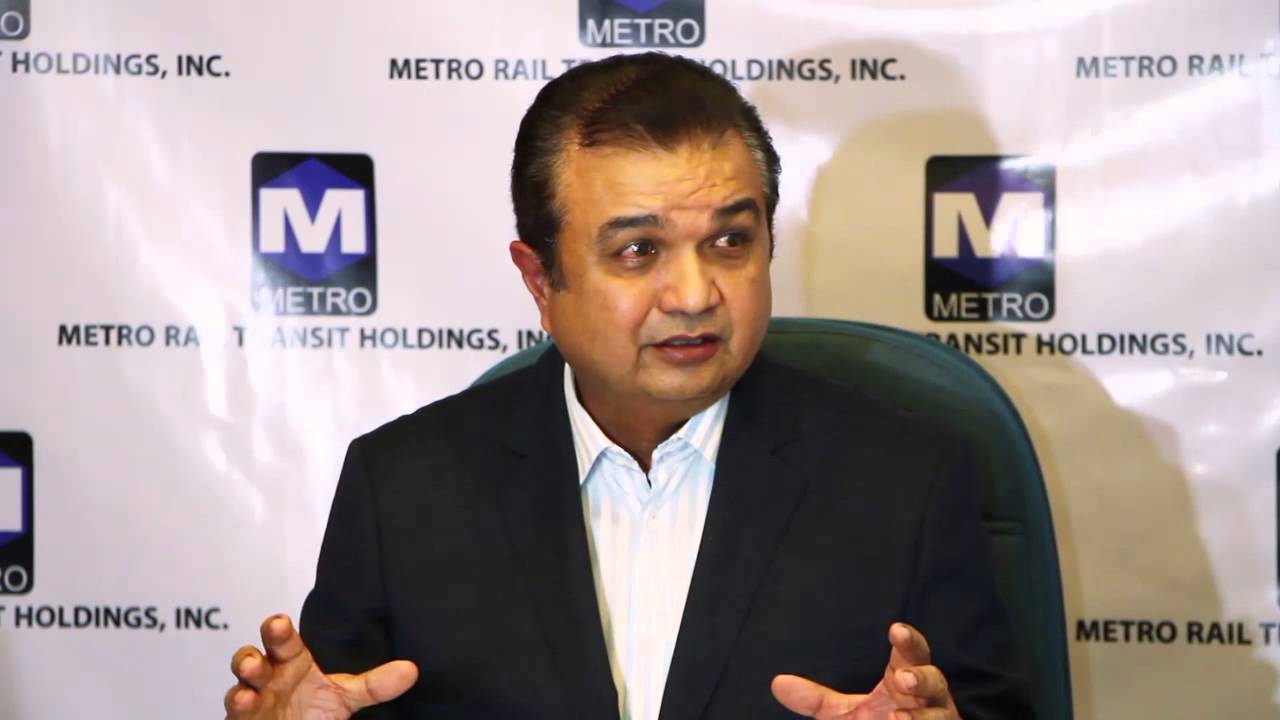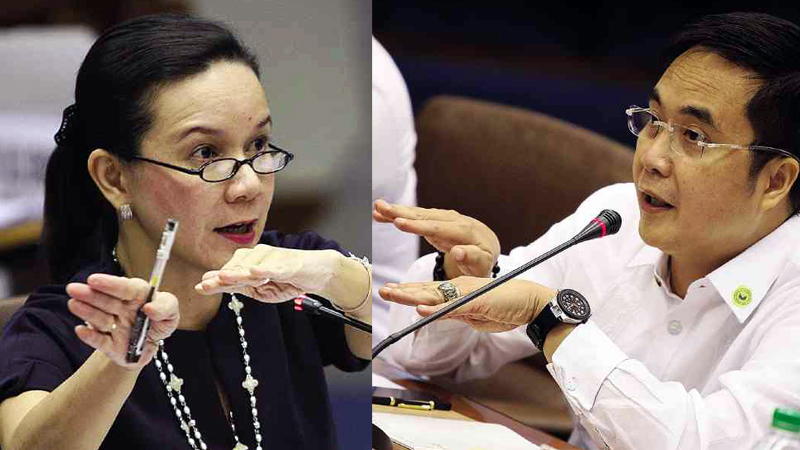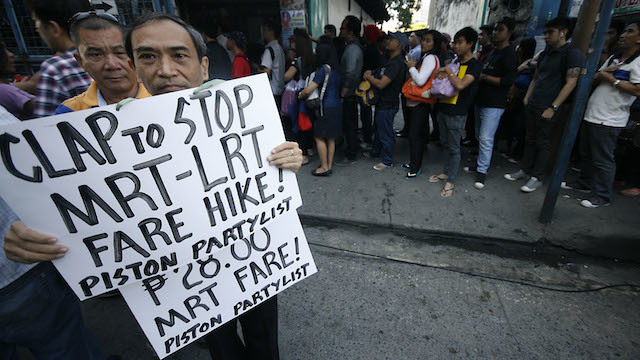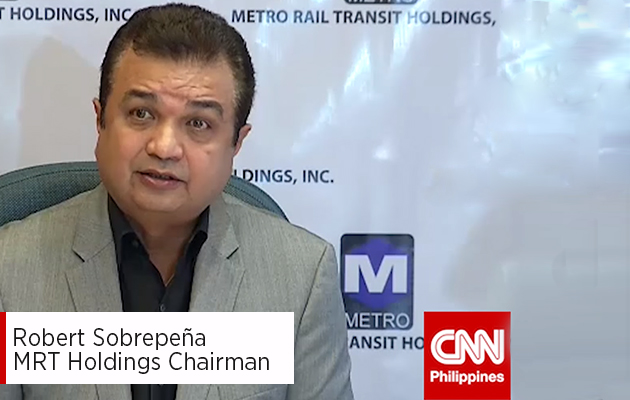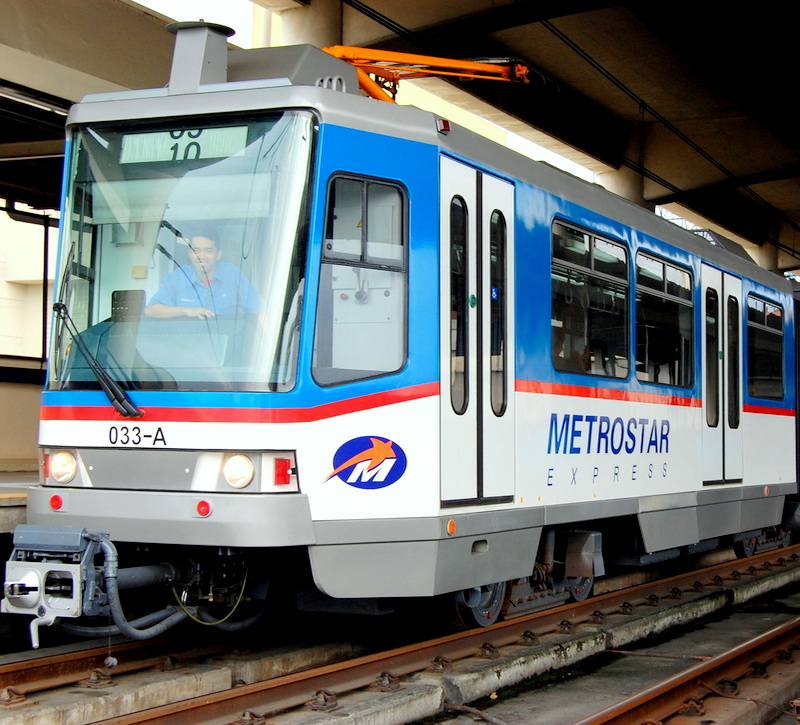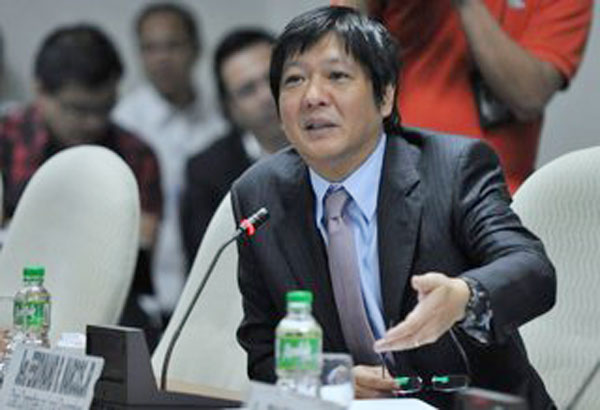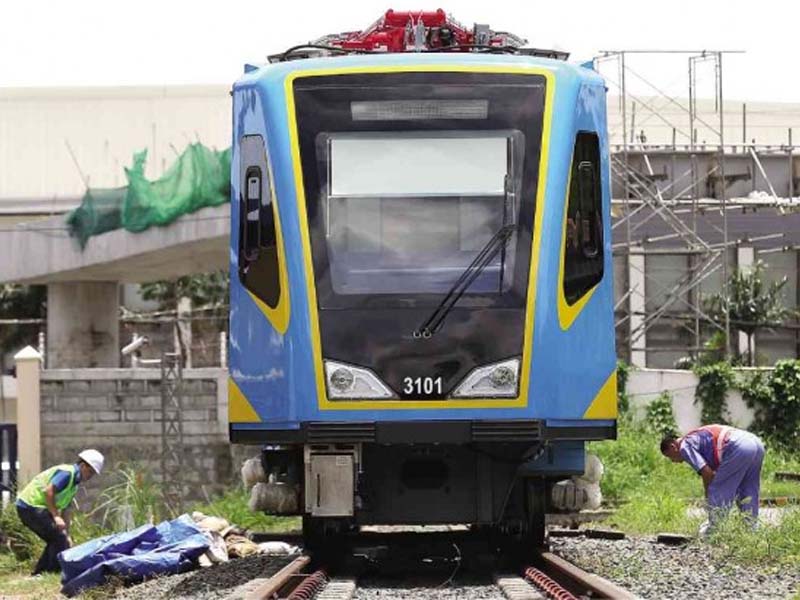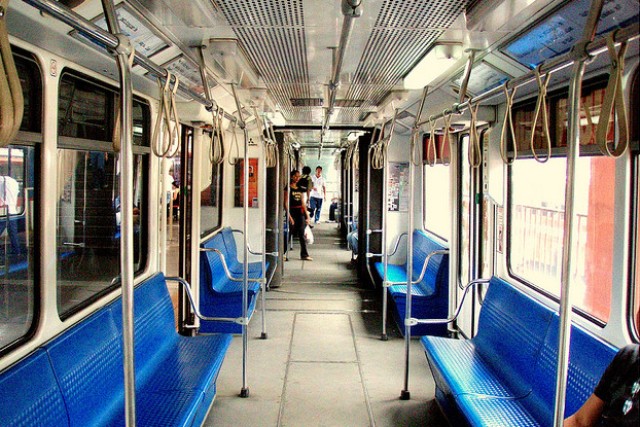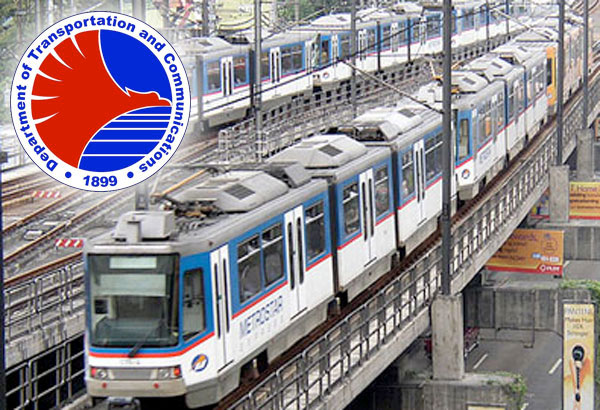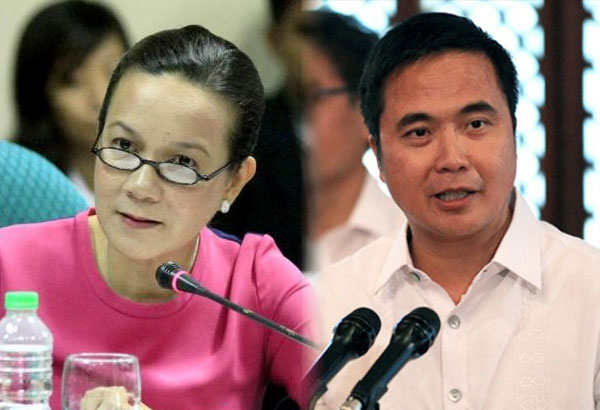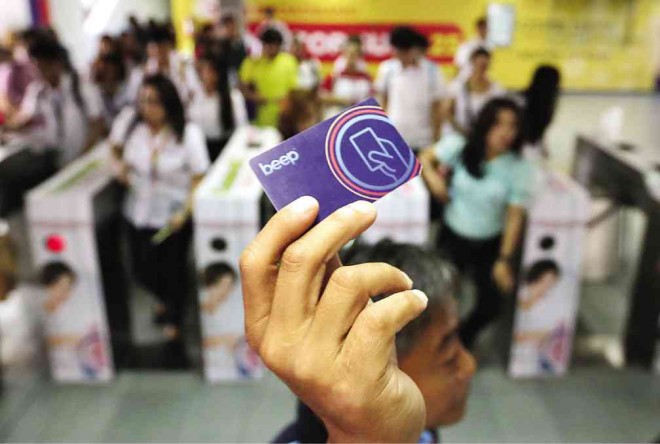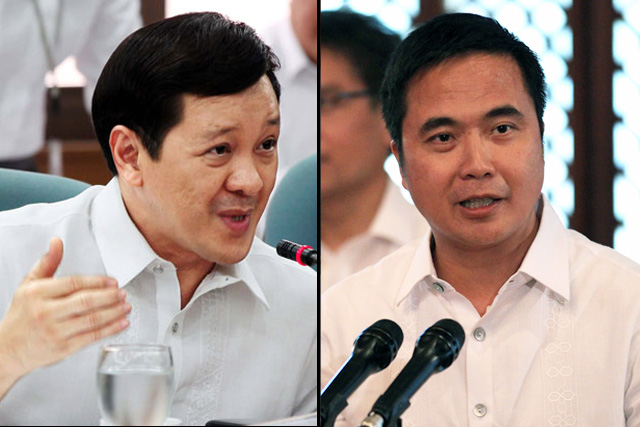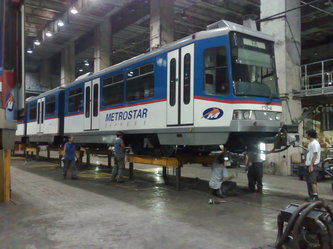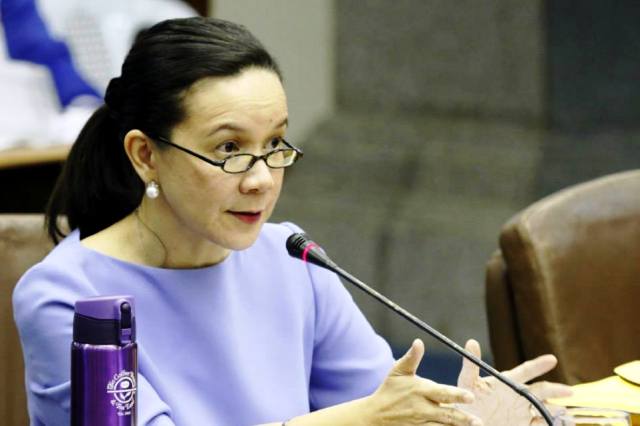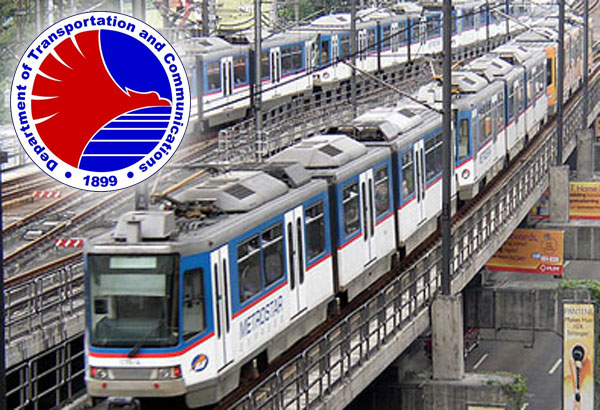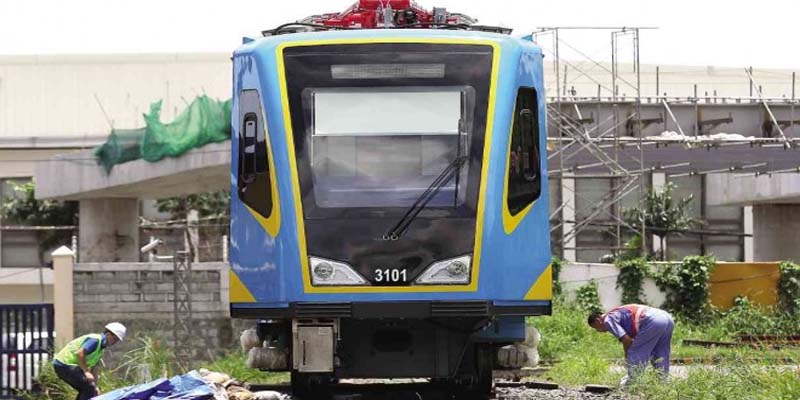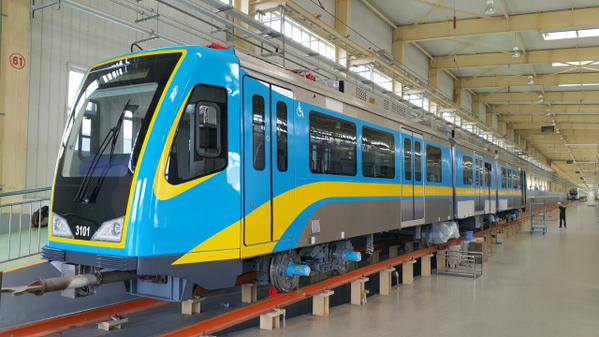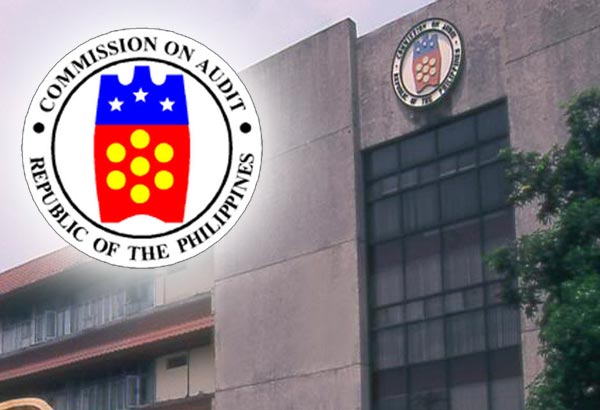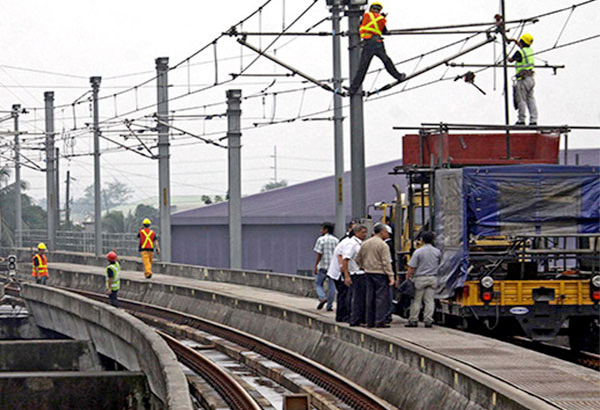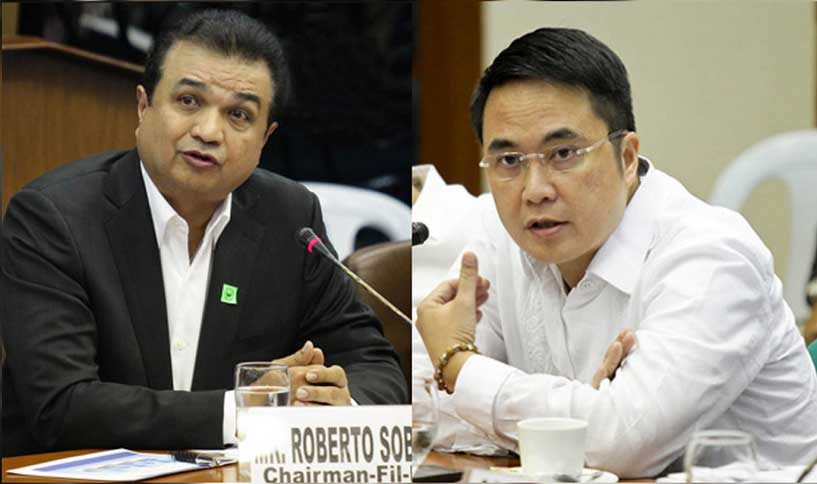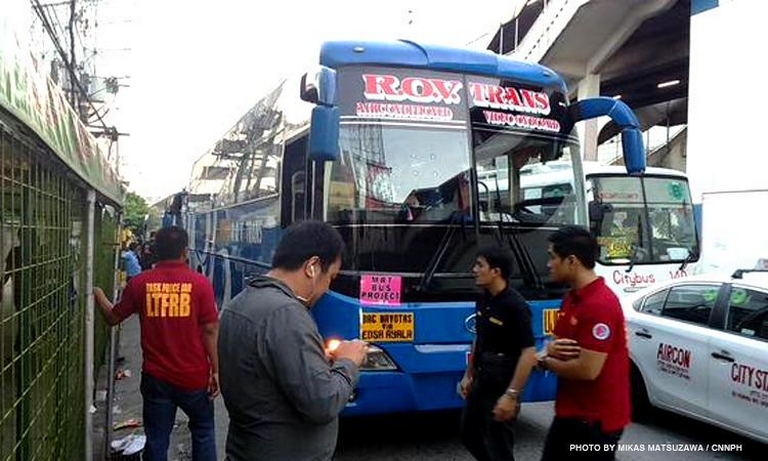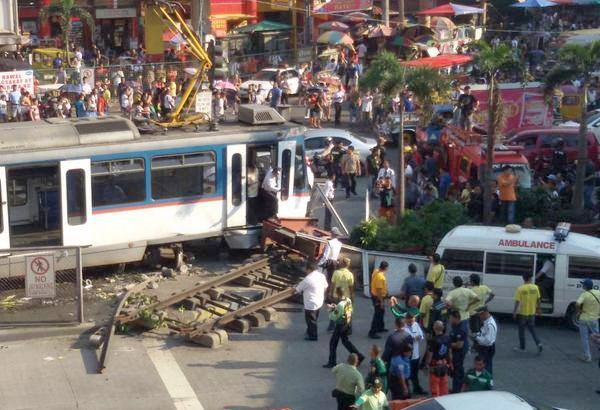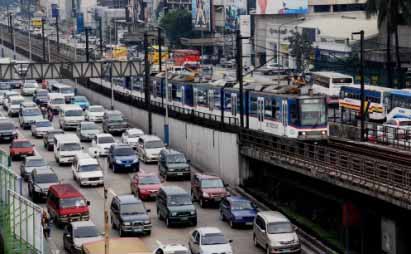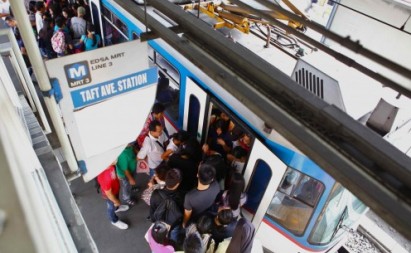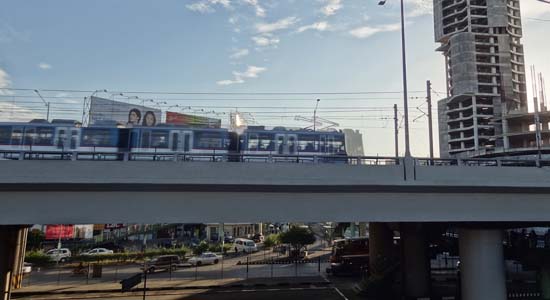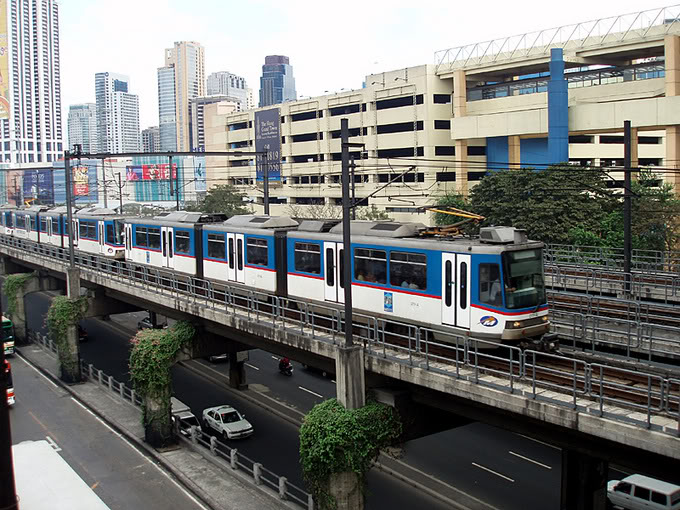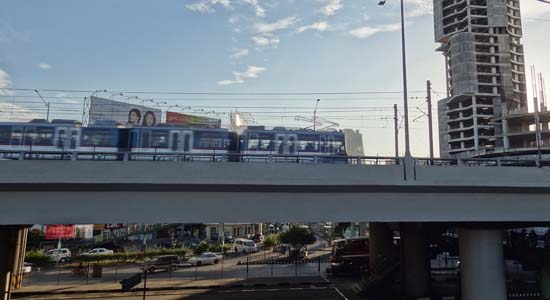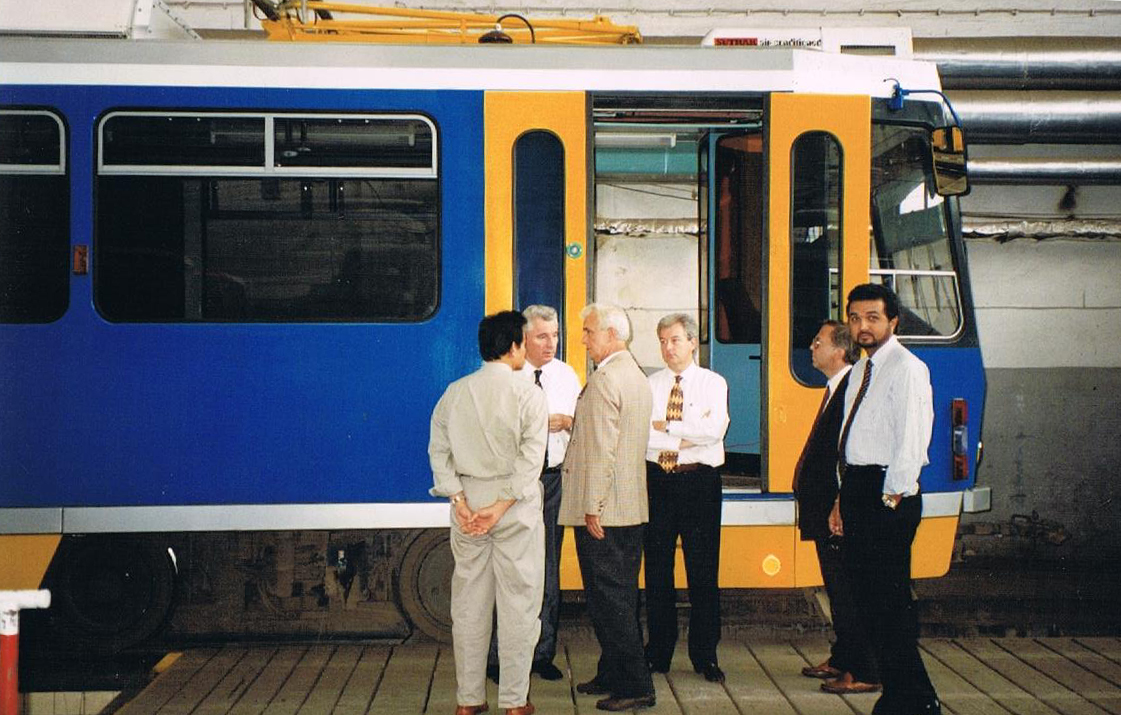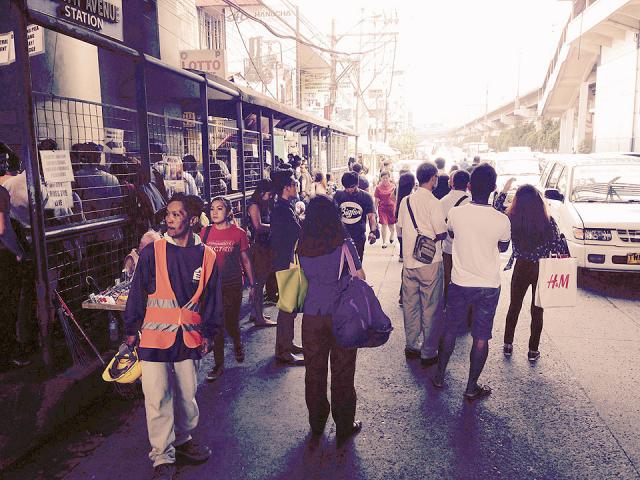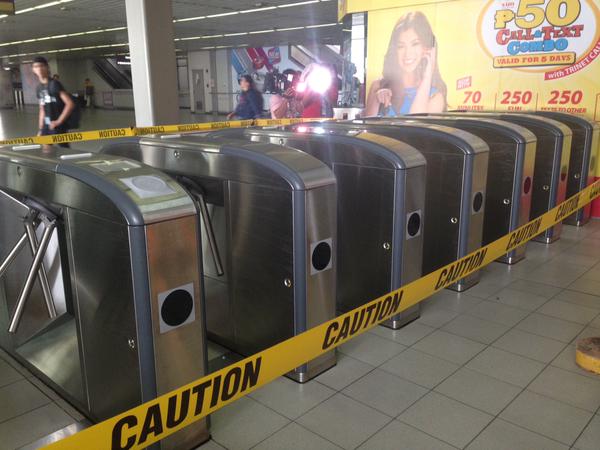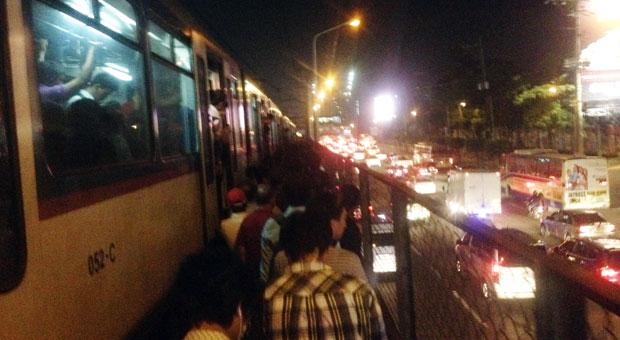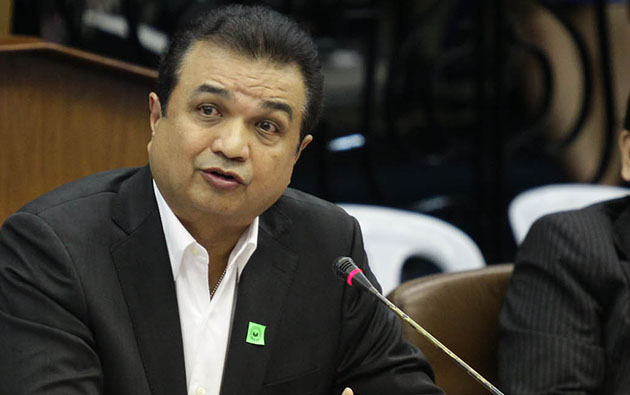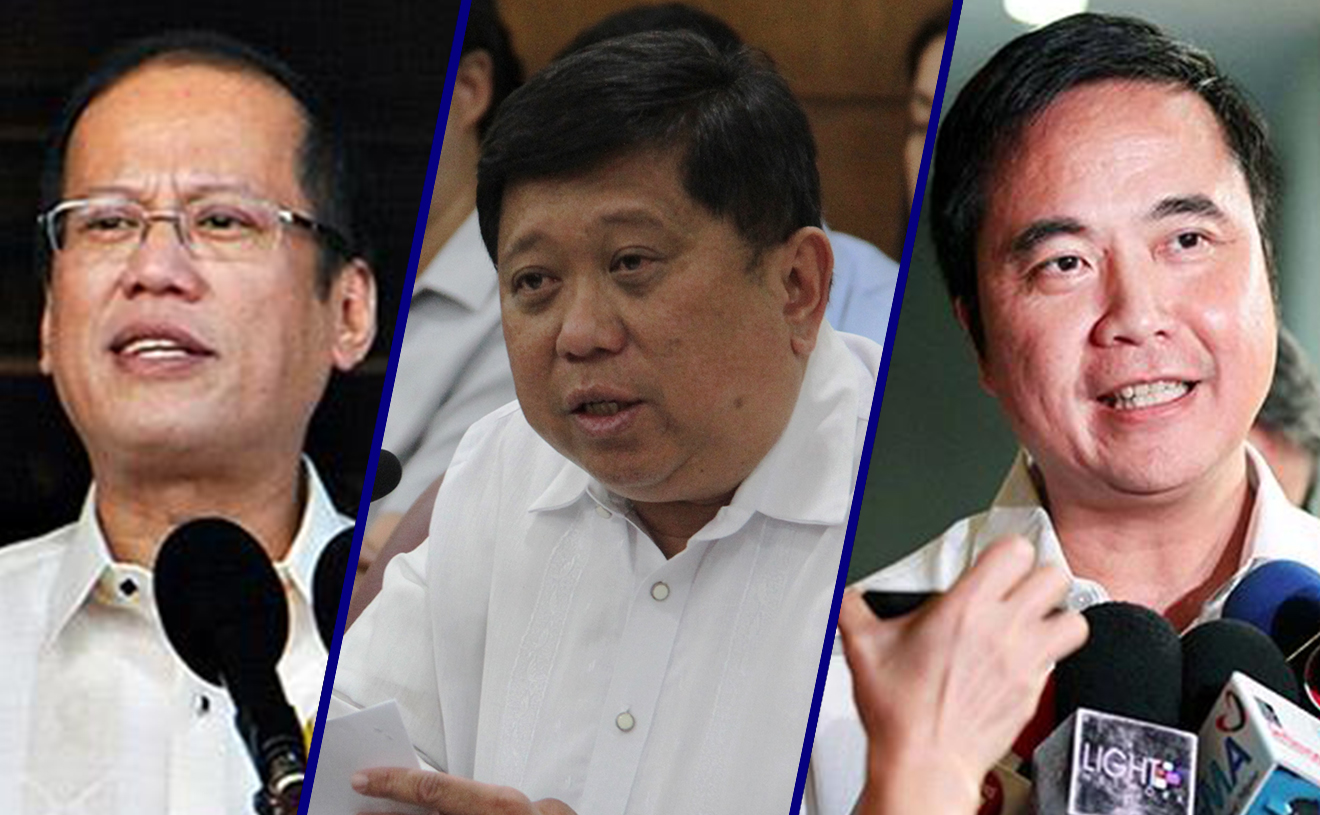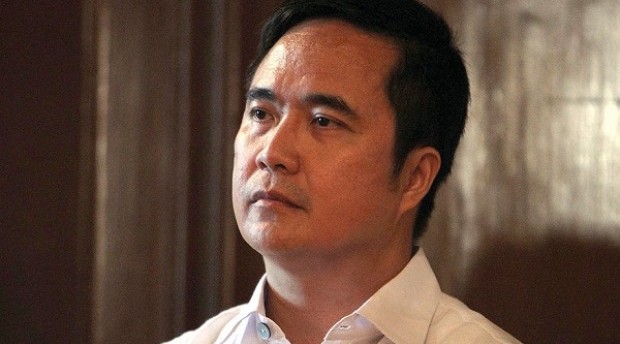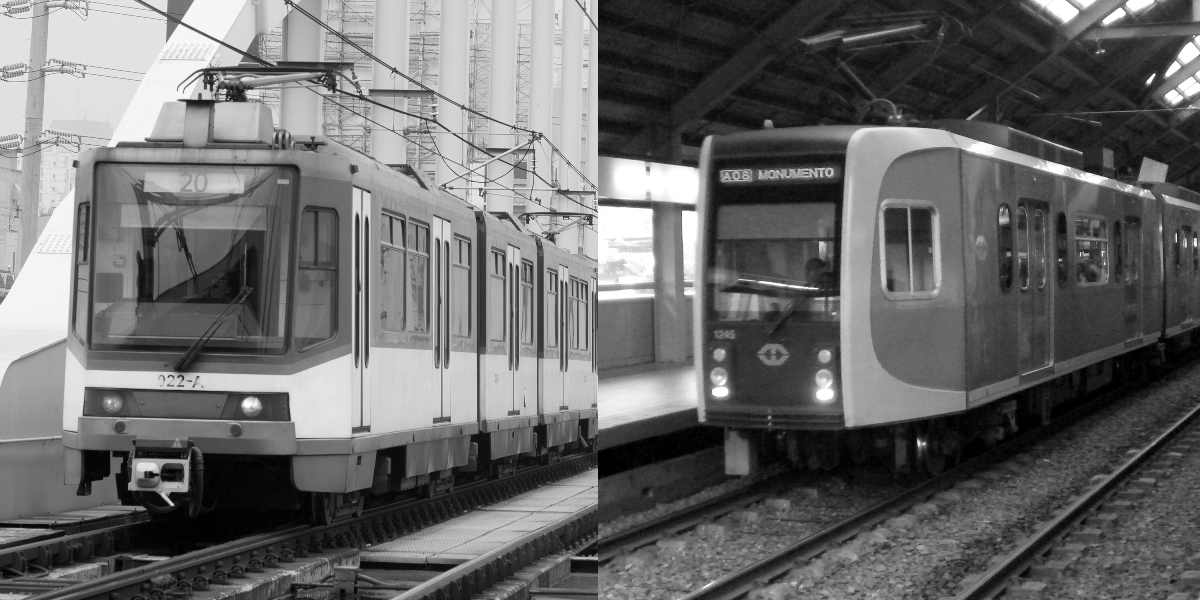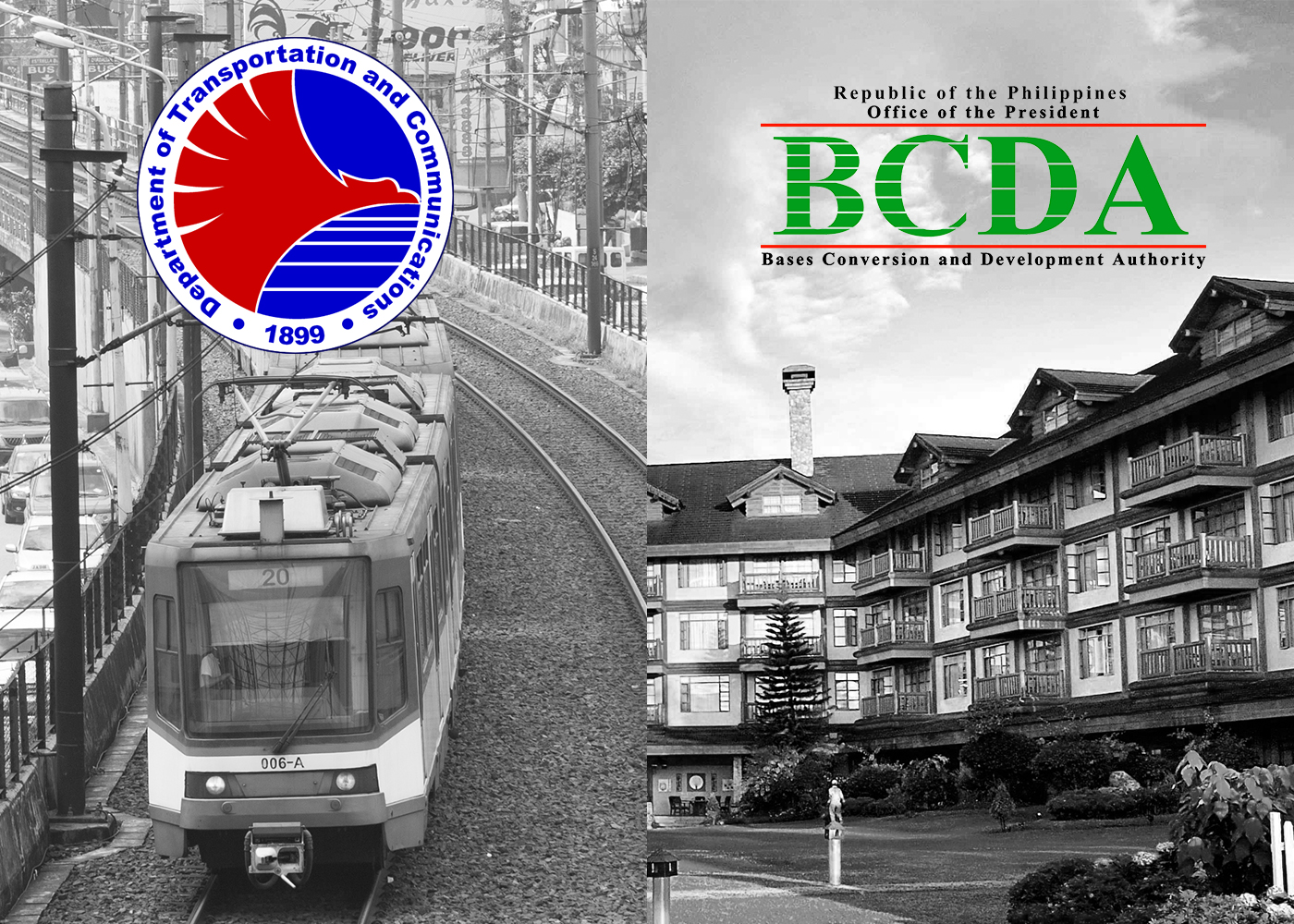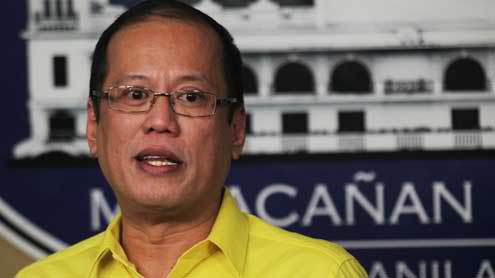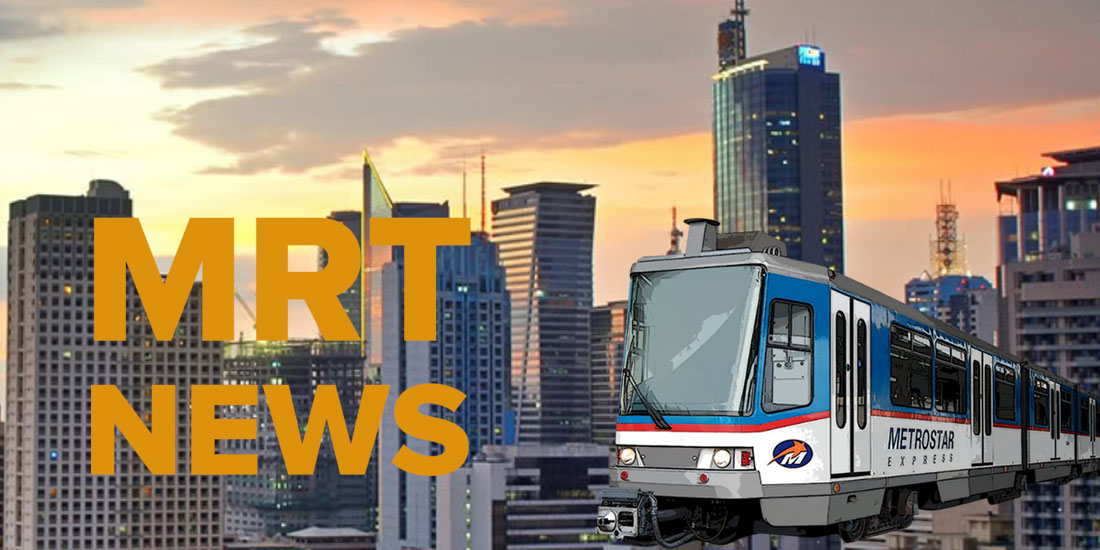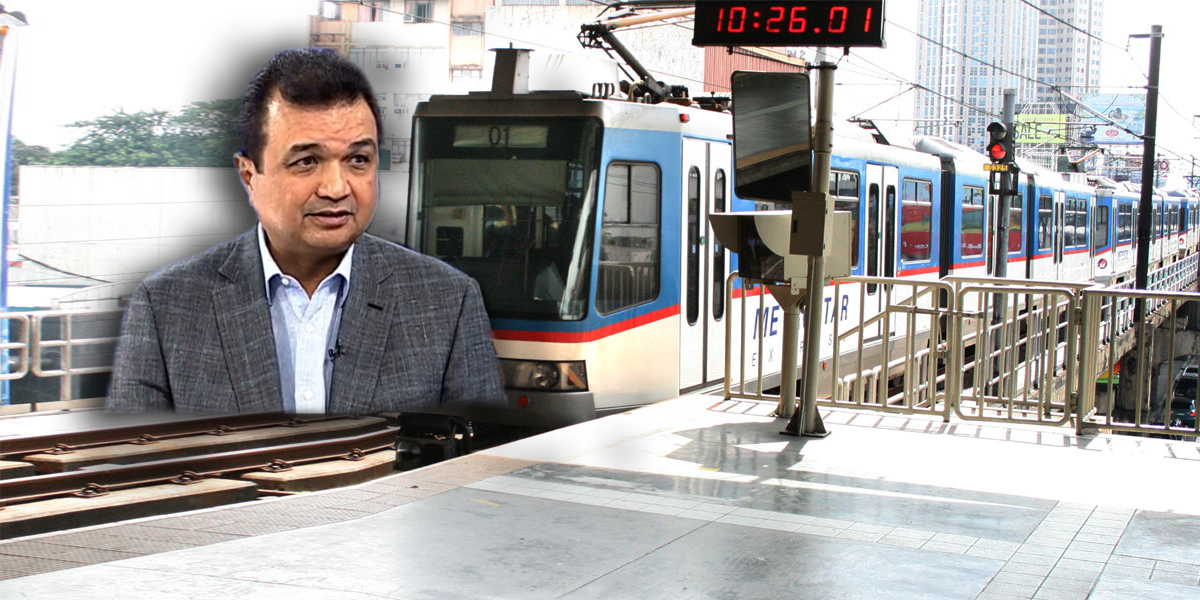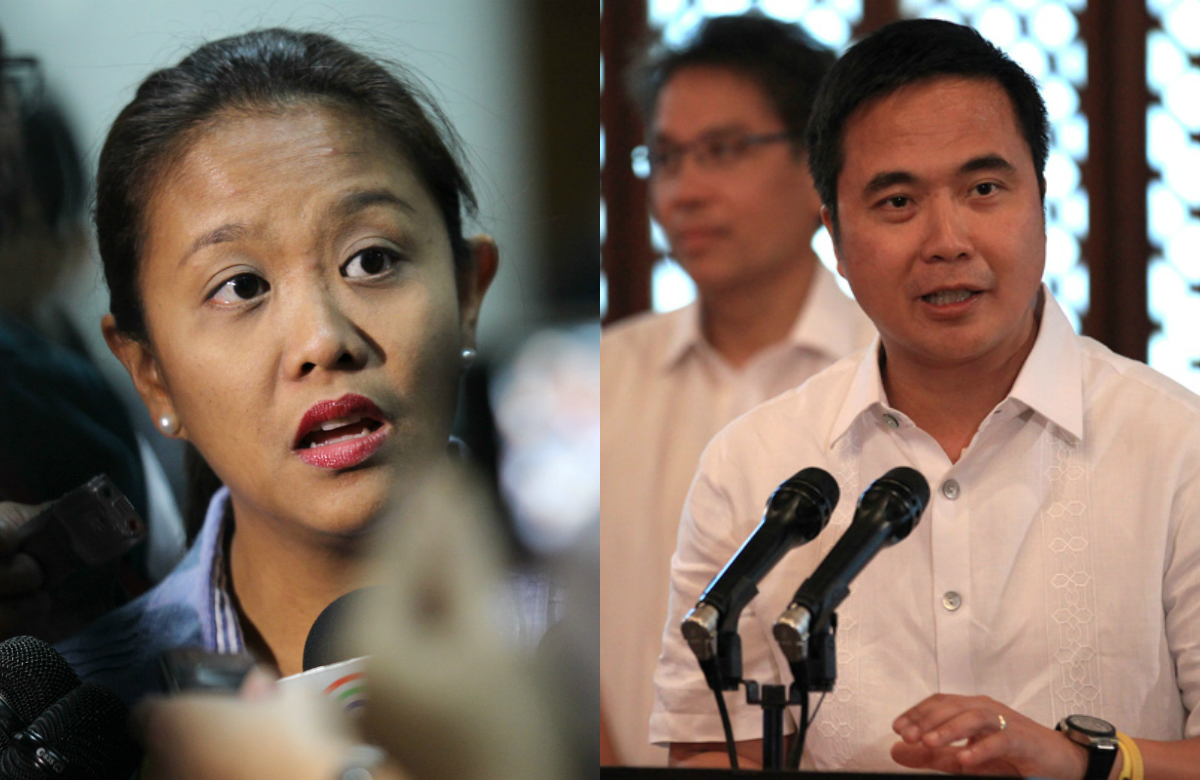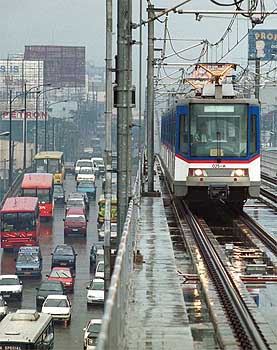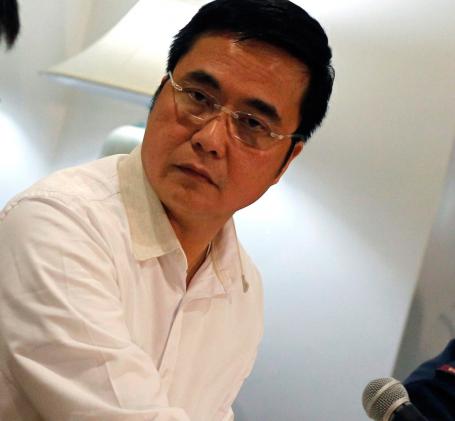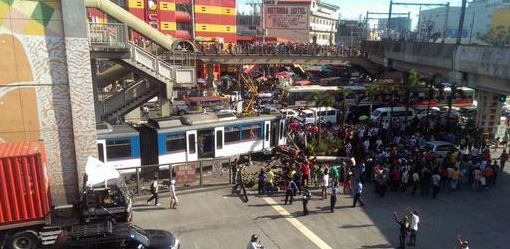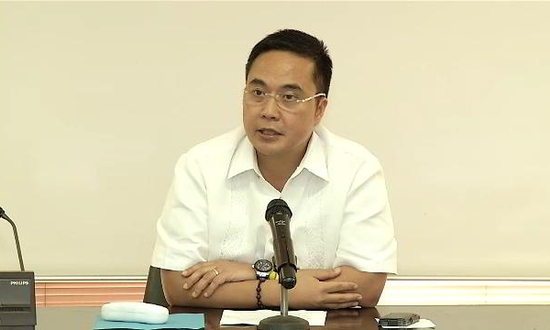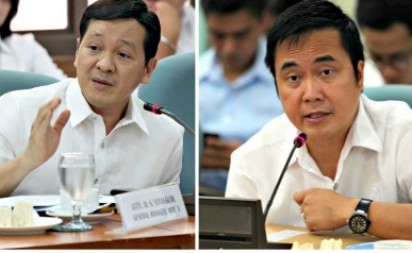By Jarius Bondoc (GOTCHA) | The Philippine Star | June 2, 2014
A “denial” is not necessarily true; a “clarification” does not always clear things up. So the Letter to the Editor of Transport Sec. Joseph Emilio Abaya on the MRT-3 mess, published in The STAR yesterday, needs rebutting.
Abaya claimed that:
(1) Metro Rail Transit Corp., the MRT-3 builder, suddenly gave up its duty to maintain MRT-3 on Oct. 4, 2012, 15 days before its contractor Sumitomo’s services were to expire, thus creating an emergency;
(2) DOTC had to rush a simplified bidding;
(3) Three bidders participated;
(4) DOTC’s grant of $1.15 million (P51.75 million) a month to PH Trams-CB&T consortium was most advantageous to the government;
(5) In picking PH Trams, they considered CB&T’s track record; and
(6) Passenger safety was topmost in their minds.
Phooey! Actually, the DOTC-MRT-3 contrived the “emergency” in order to contrive a “simplified bidding” in order to contrive the award to PH Trams. This is shown in documents, unlike Abaya’s contentions.
MRTC had informed DOTC as far back as Nov. 4, 2010, two years prior, that it was ceding to the latter the hiring of a maintainer. Meantime, subject to DOTC approval, MRTC was extending for the second six months, Jan.-June 2011, Sumitomo’s services, that originally had expired in July 2010 after ten years. Hence, there was no emergency. DOTC had ample time to conduct a proper bidding.
The “emergency” came when the DOTC suddenly told MRTC in Sept. 2012 – not the other way around – that it no longer would retain Sumitomo after the fourth extension expires on Oct. 19, 2012. This is confirmed in MRTC’s letter to Abaya on Oct. 4, 2012, that MRT-3 GM Al Vitangcol had said so in its board meeting. Vitangcol also said the DOTC in fact already had new terms of reference (TOR) for a new interim six-month maintainer. This shows that Abaya, Vitangcol, and U-Sec. Jose Perpetuo Lotilla, “bidding” committee head, had it all planned out.
“Simplified bidding” is a misnomer. It implies open public proceedings, when actually DOTC negotiated behind closed doors.
Talks were set on Oct. 10, 11, and 12, 2012, with Sumitomo, MiescoRail, and PH Trams-CB&T, respectively. Sumitomo offered $2 million a month (its real cost of maintaining MRT-3 for the past years), but only if contracted for at least one year, not just six months. It’s not true that MiescoRail, as Abaya claims, offered $1.43 million a month. In fact, it made no offer at all. This is because DOTC called it to a meeting only two days before, on Oct. 9. Also, because DOTC never provided it the TOR of the old Sumitomo contract, which was to be part of the TOR of the interim one. MiescoRail stated these in a complaint to Abaya, Oct. 19, 2012, that its name was being used in vain by Vitangcol to the press (to simulate multiple bidders). To this day MiescoRail never has received a proper reply. So with Sumitomo’s conditional offer and MiescoRail’s no offer, there actually was only one negotiator, PH Trams-CB&T.
Abaya, Lotilla, and Vitangcol granted PH Trams-CB&T the contract on Oct. 19, 2012, a week after talking. The $1.15-million per month couldn’t have been most advantageous to government, only to PH Trams. For, at that time it was only two months old, with no experience in railways; yet it finagled a contract 828 times its P625,000-capital.
DOTC overlooked all that in favor of CB&T’s track record, Abaya said. He in effect admitted violating the Procurement Reform Act, which requires close scrutiny of bidders. And why would CB&T, maintainer of LRT-1, partner with inexperienced, undercapitalized PH Trams, just to get the MRT-3 deal? Was it because Vitangcol’s uncle-in-law Arturo V. Soriano, Pangasinan provincial accountant, happened to be an incorporator-director (see Gotcha, 26 May 2014)? Was it also because of the chairmanship of one Marlo dela Cruz, campaigner of the Liberal Party to which Abaya belongs (see Gotcha, 30 May 2014)? Was it because of a third incorporator-director, Wilson de Vera, the alleged extortionist, in behalf of Vitangcol, of $30 million from Czech train maker Inekon only three months before (see Gotcha, 21, 23 and 25 Apr. 2014)? Was it because of a fourth, Federico Remo, a high official of a government bank who, when earlier suspended for a misdeed, became consultant for MRT-3? Those were all violations of anti-graft laws.
Abaya, Lotilla, Vitangcol never had passenger safety in mind when they contracted PH Trams. If they did, they would have acted on MRTC warnings in the letter to Abaya of Oct. 4, 2012. In it, Sumitomo was quoted as reporting a spare parts shortage for the crucial signal system and MRT-3 overloading of 540,000 passengers a day. It recommended stoppage of operations if the shortage persisted, and warned that the overloading could lead to serious accidents and deaths. There is no record that PH Trams ever imported and maintained a six-month inventory of spare parts, as the contract required. The only record is of ridership then hitting 560,000 to 630,000 a day.
Abaya, Lotilla, and LRT administrator Honorito Chaneco (as MRT-3 officer-in-charge while Vitangcol was being investigated for the extortion attempt) later hired APT-Global consortium to take over the maintenance in Sept. 2013-Aug. 2014. In that latter deal, for P685.04 million (not P712.77 million as earlier reported), the same Marlo dela Cruz serves as APT-Global “authorized representative,” because embedded in Global with a high official of the Philippine National Railways.
They still didn’t have passenger safety in mind. That was why MRTC directors Rafael Perez de Tagle Jr. and Rogelio Bondoc Jr. (no relation nor acquaintance) fired off a memo for President Noynoy Aquino through Executive Sec. Paquito Ochoa on Apr. 2, 2014. In that memo they alerted P-Noy about the contrivance of the “emergency,” DOTC’s withholding of the TORs from the MRTC, and awarding to unqualified parties the maintenance of the $750-million railways. They called for a technical audit of MRT-3 and contractors to check if spare parts inventories, periodic inspections, and parts replacements truly are being done. Also, to ascertain the claim that 20 three-tram trains are being fielded at three-minute intervals during rush hours. (Two years after kicking out Sumitomo, only 59 of the 73 trams are now working, with five major accidents, see Gotcha, 28 May 2014.) Lastly, to check if the malfunctioning signal system has been repaired or replaced at all. Again, they warned of dangers to passengers’ lives and limbs.
Abaya reportedly has glossed over their concerns. Meanwhile, there have been questions in his other biddings at MRT-3 for new trams and automated fare collection system. There have been controversies too in other rail projects at the LRT and PNR, and in unifying the MRT-LRT fare systems. There have been anomalies in all DOTC biddings and contracts under Abaya: in awarding the Mactan-Cebu airport expansion to a bidder with conflict of interest, and the Puerto Princesa airport to a firm that is going bankrupt; in bidding out the Land Transportation Office data-basing without funding commitment, and the vehicle license plate making to a blacklisted Filipino company with an undercapitalized French partner; in specialized airport fire trucks, to name but a few.
DOTC is in need of thorough cleanup. And it can start only if Abaya goes, like Vitangcol.

 Twitter
Twitter Facebook
Facebook